Ajax relies on its roots, youth, Cruyffian ways to return to European final stage
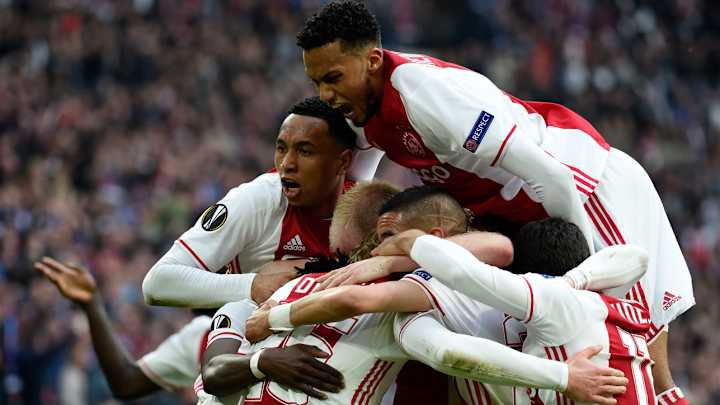
No side perhaps so embodies the financial climate of modern football as Ajax. The Ajax of the early 1970s was arguably the greatest team of all time, made up largely of kids from Amsterdam who grew up together–Johan Cruyff, Rob Rensenbrink, Ruud Krol among them–and developed a style of play that would revolutionize the game. It won the European Cup three years running before the team broke up, and when it did, it was more because of the unmanageable personalities within in that because of money.
Finance, though, was the main reason the young Louis van Gaal side–Patrick Kluivert, Clarence Seedorf, Edgar Davids and so on–won the Champions League in 1995 and reached the final the following year. By 2004, Ajax had put together another great young team–Zlatan Ibrahimovic, Wesley Sneijder, Rafael van der Vaart, Mido, Steven Pienaar, Maxwell and on down the line–but it hadn’t come close to winning anything at the European level when economic imperatives scattered its players to the winds.
But now Ajax is back, back in a European final for the first time since 1996, back playing characteristically Ajax football with a squad of players who have largely come through the famous Toekomst academy. And in the beauty of this Ajax’s football is the familiar sense of sadness, the knowledge that like a mandala it cannot last, that the financial winds will blow and the intricate patterns will be lost.
Top 20 Under 20: The world's best rising stars
Even the existence of this Ajax side is the result of the old ways asserting themselves, of Cruyff’s refusal to accept economic reality. After the side of 2004 broke up, player after player lured away by the far greater salaries available elsewhere, Ajax suffered a crisis of confidence. It was a club that had always believed in doing things the Ajax way, in focusing on youth and developing players to pay pressing, possession football in a 4-3-3 or 3-4-3 shape. But, understandably, directors began to wonder what the point was when Ajax, which had struggled to compete economically even in the 70s, was so at the mercy of wealthier clubs.
Matters came to a head after Ajax had lost 2-0 to Real Madrid in the Champions League in September 2010. It wasn’t the defeat that was the issue, it was the manner of it. “This isn't Ajax anymore,” Cruyff wrote in his column in De Telegraaf. “Let me get to the point: this Ajax is even worse than the team from before Rinus Michels’s arrival in 1965.” This wasn’t just a familiar lament for more equitable times past; this was a rallying cry for what became known as the Velvet Revolution.
New soccer jerseys, kits for the 2017-2018 season
Ajax (Away)
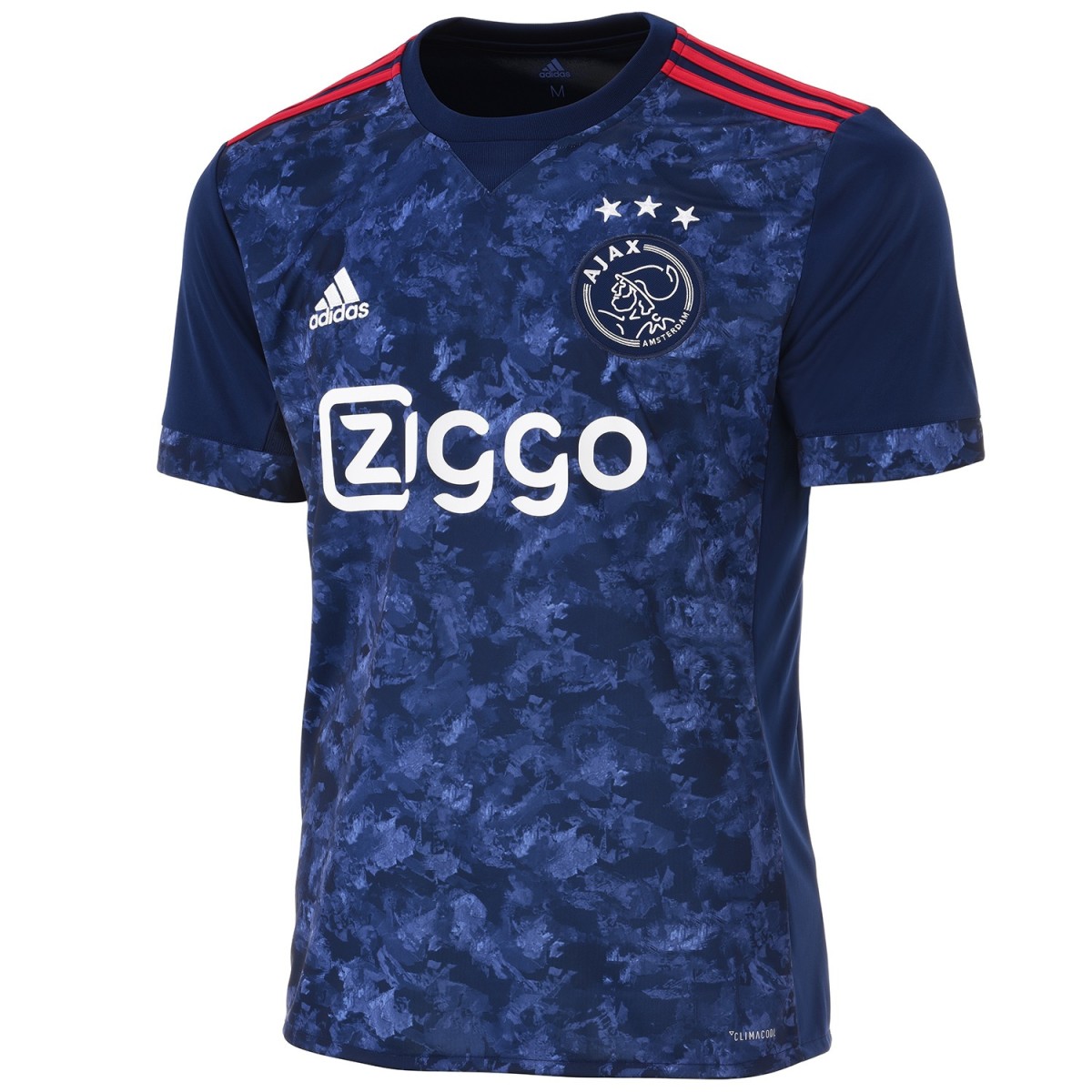
Ajax (Home)
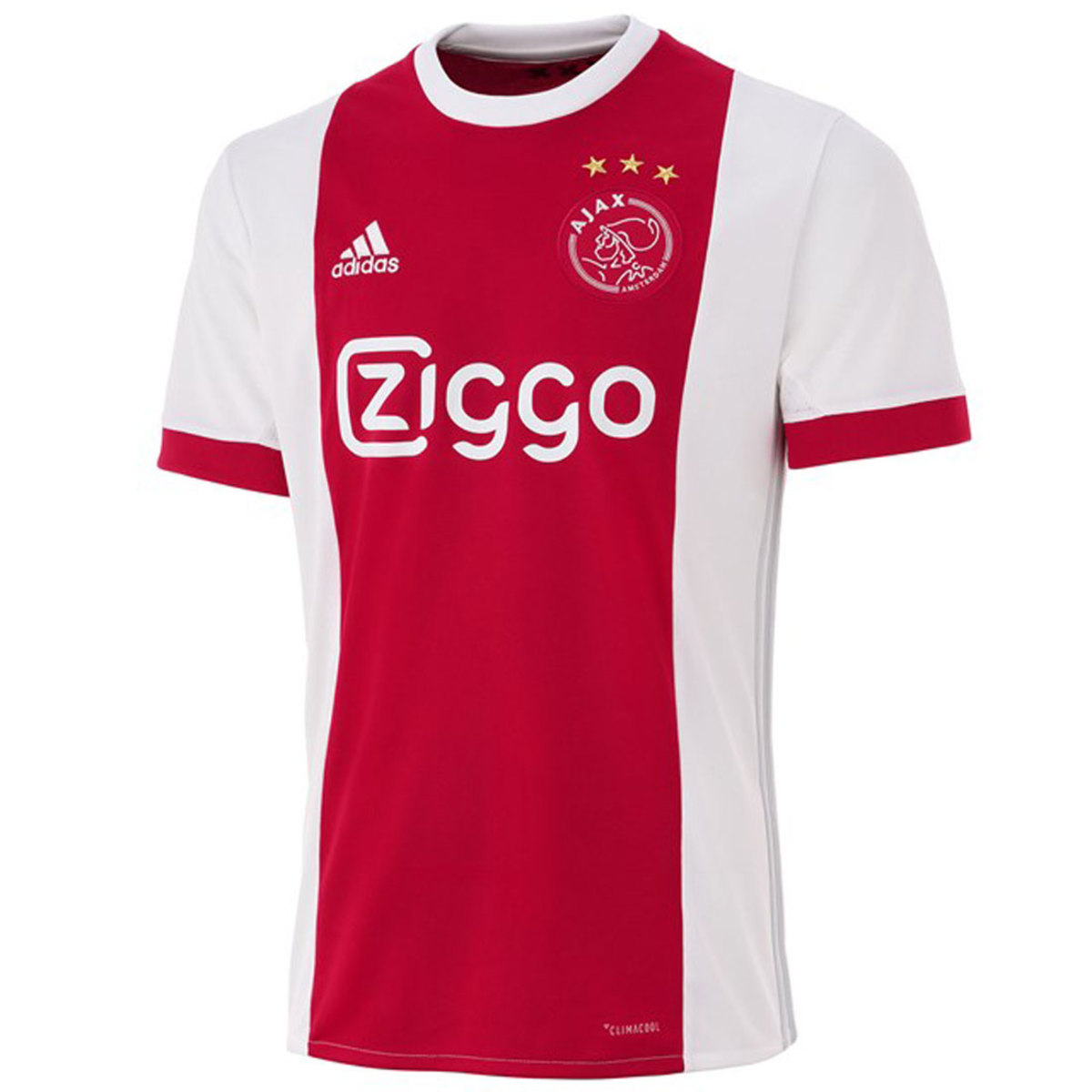
Arsenal (Home)
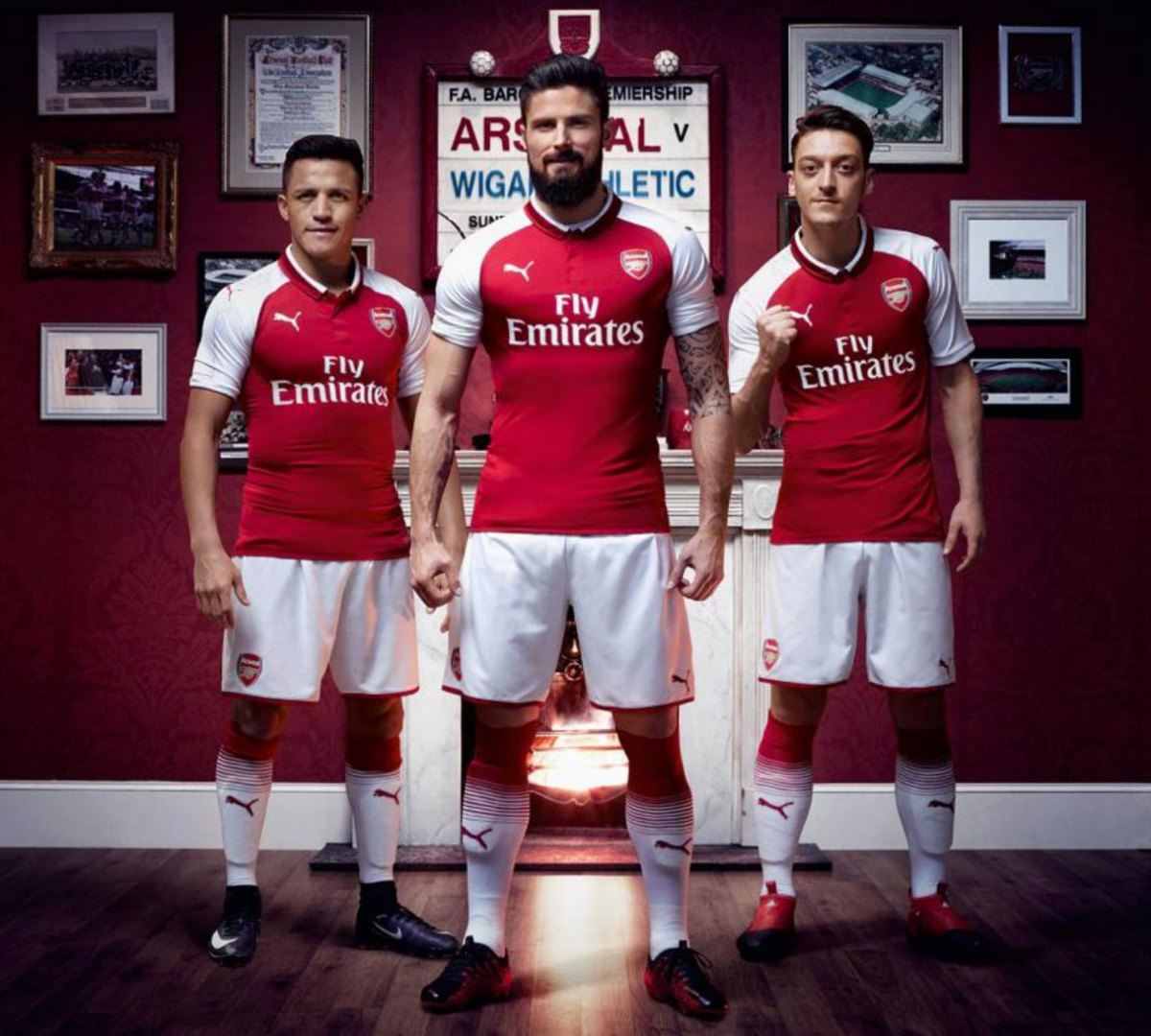
Arsenal (Home)
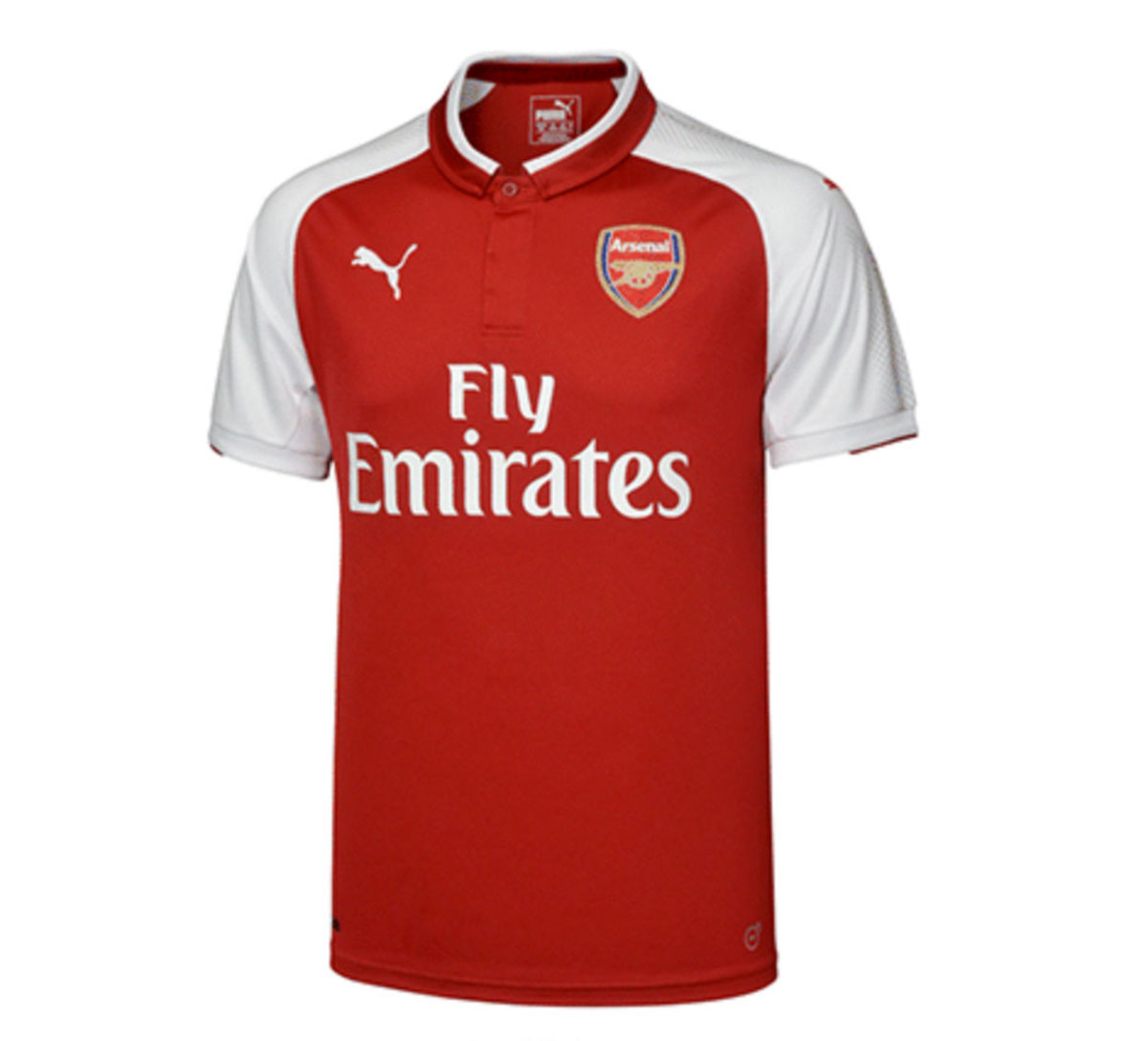
Arsenal (Third)
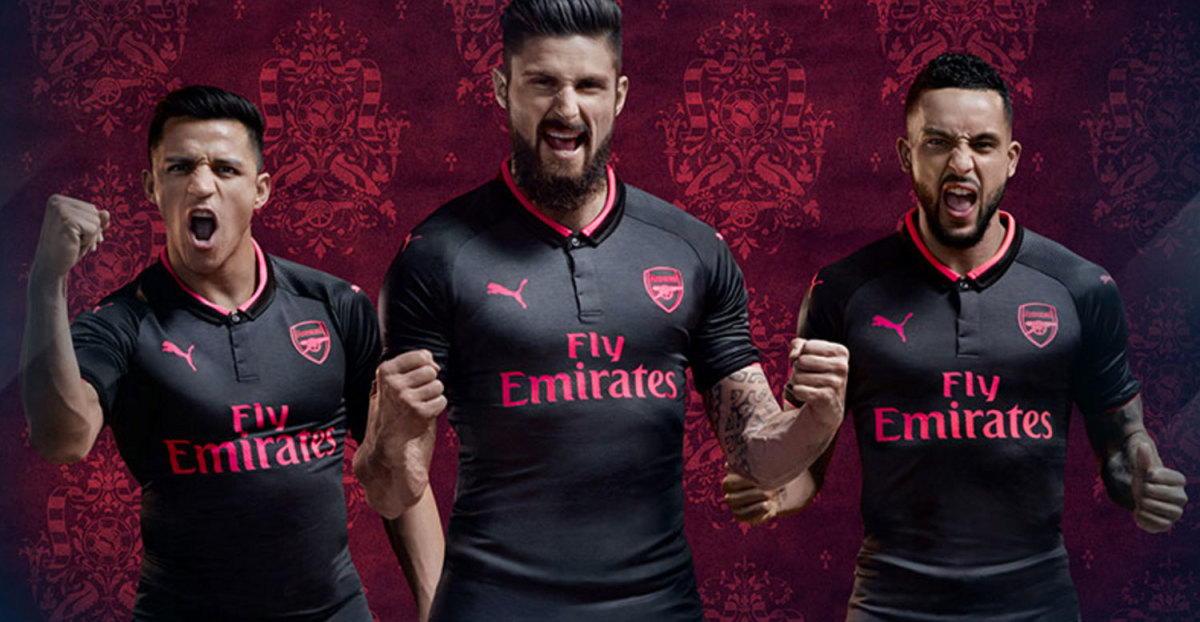
Barcelona (Away)
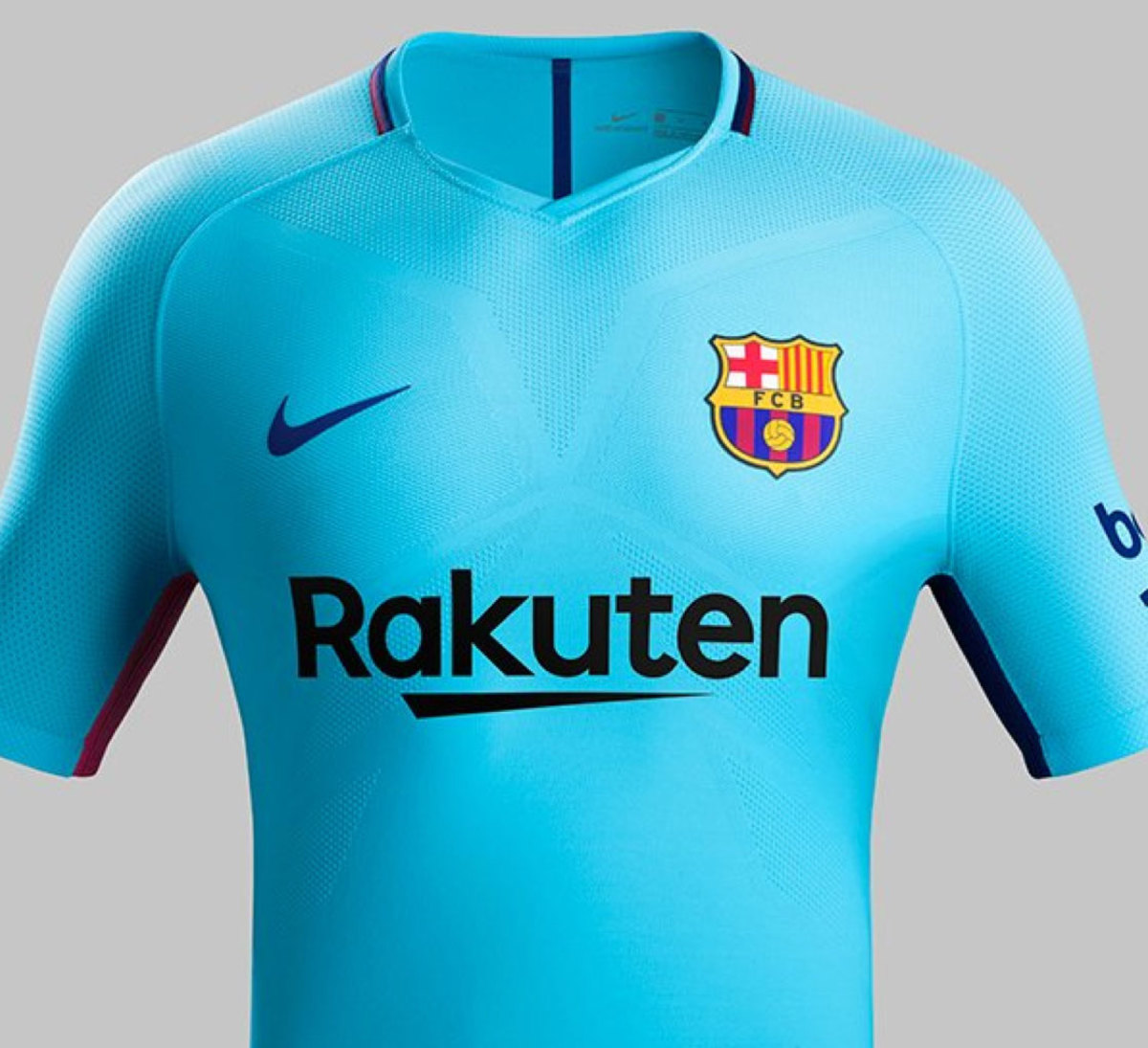
Barcelona (Home)
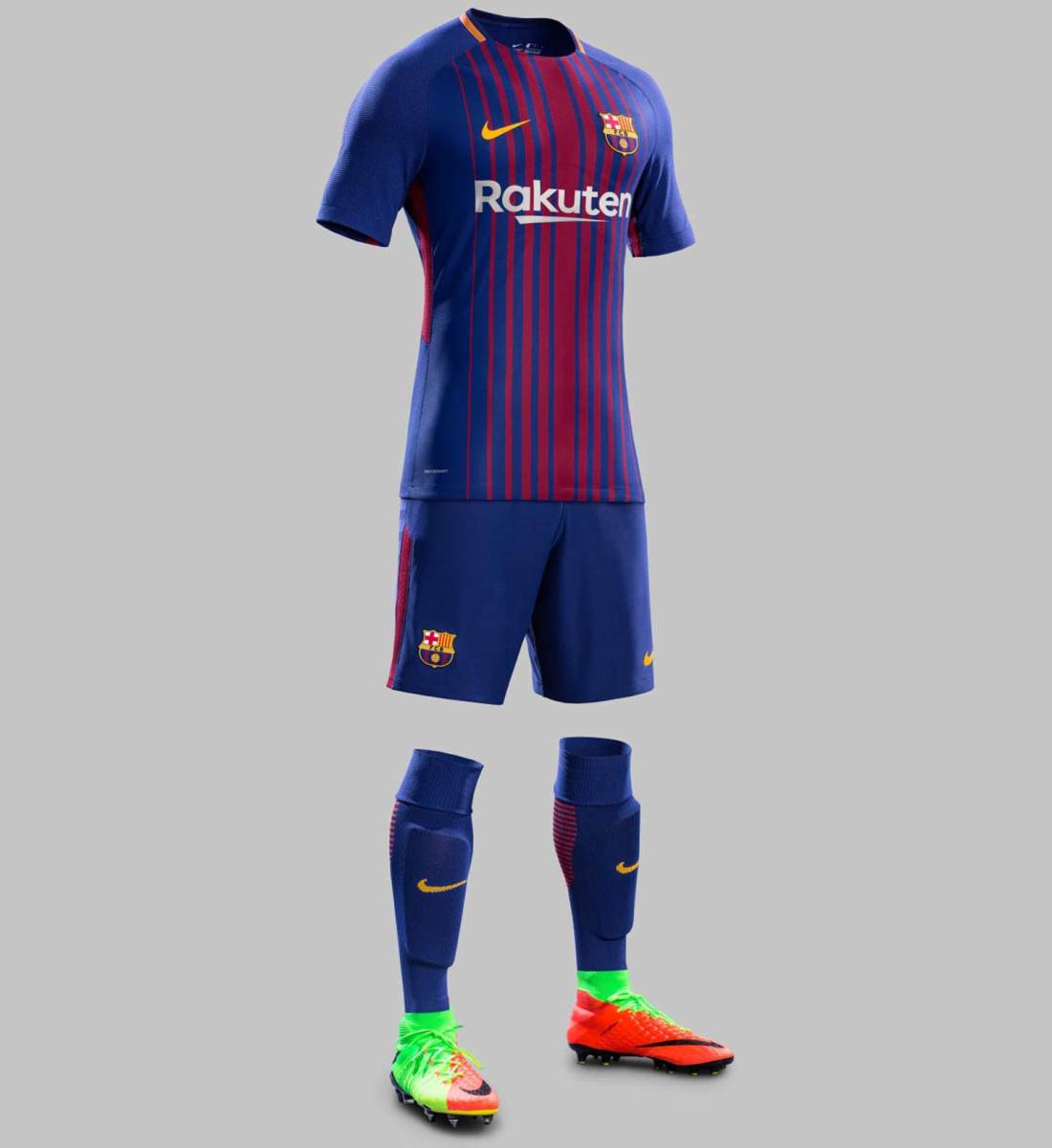
Bayern Munich (Home)
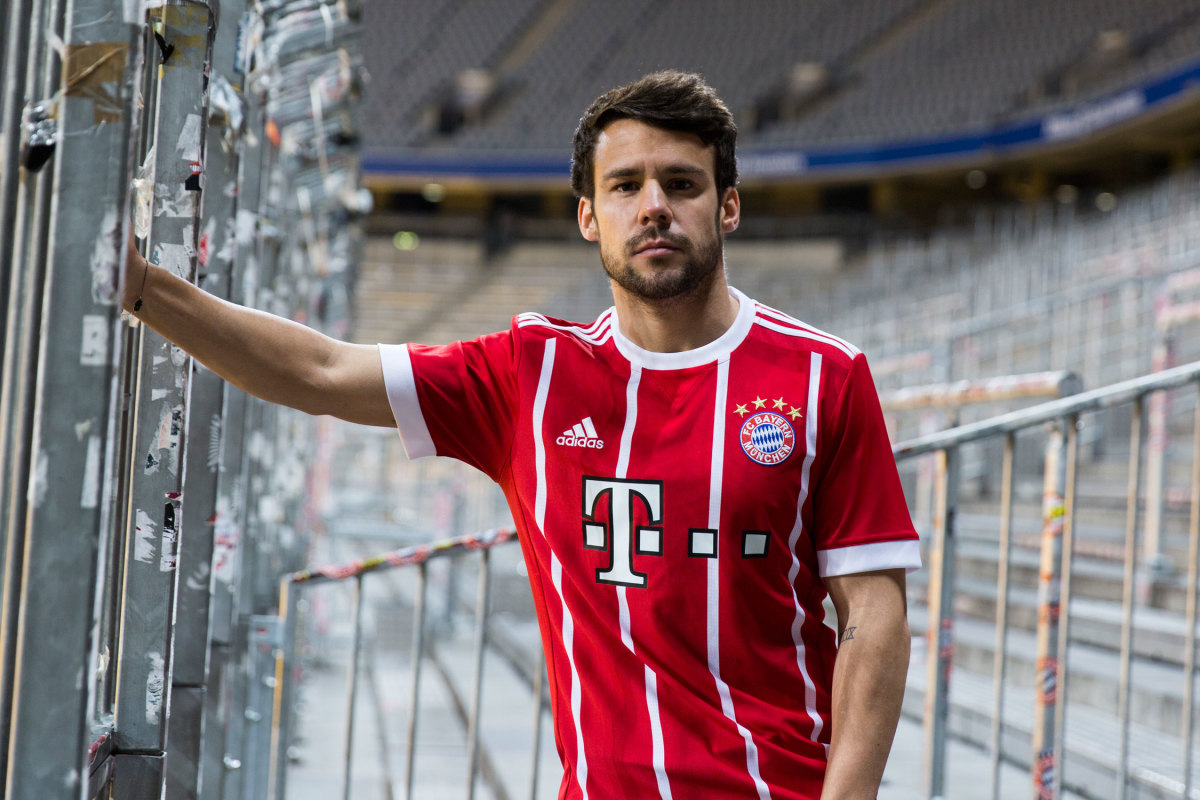
Bayern Munich (Home)
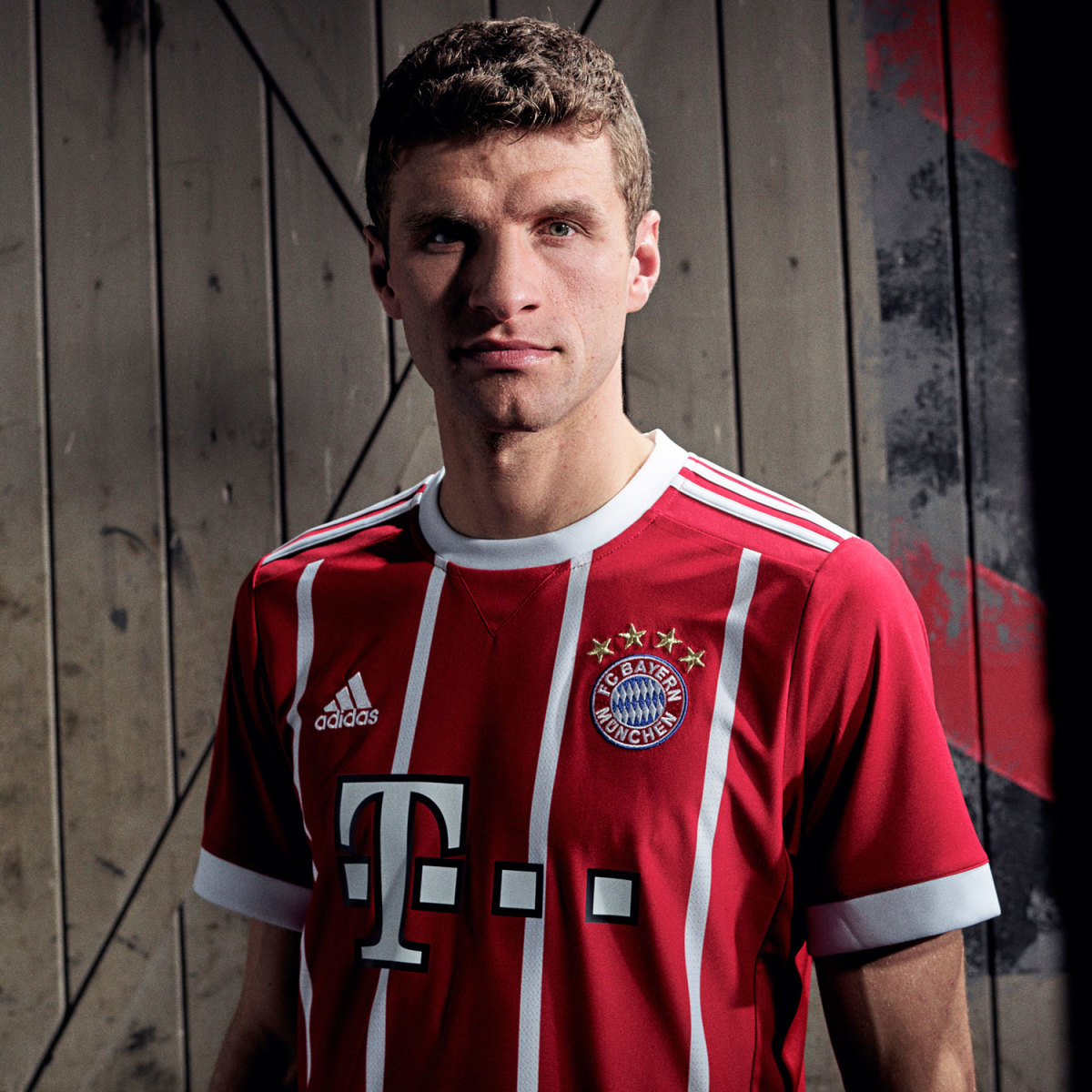
Bayern Munich (Away)

Bayern Munich (Third, fan-designed)
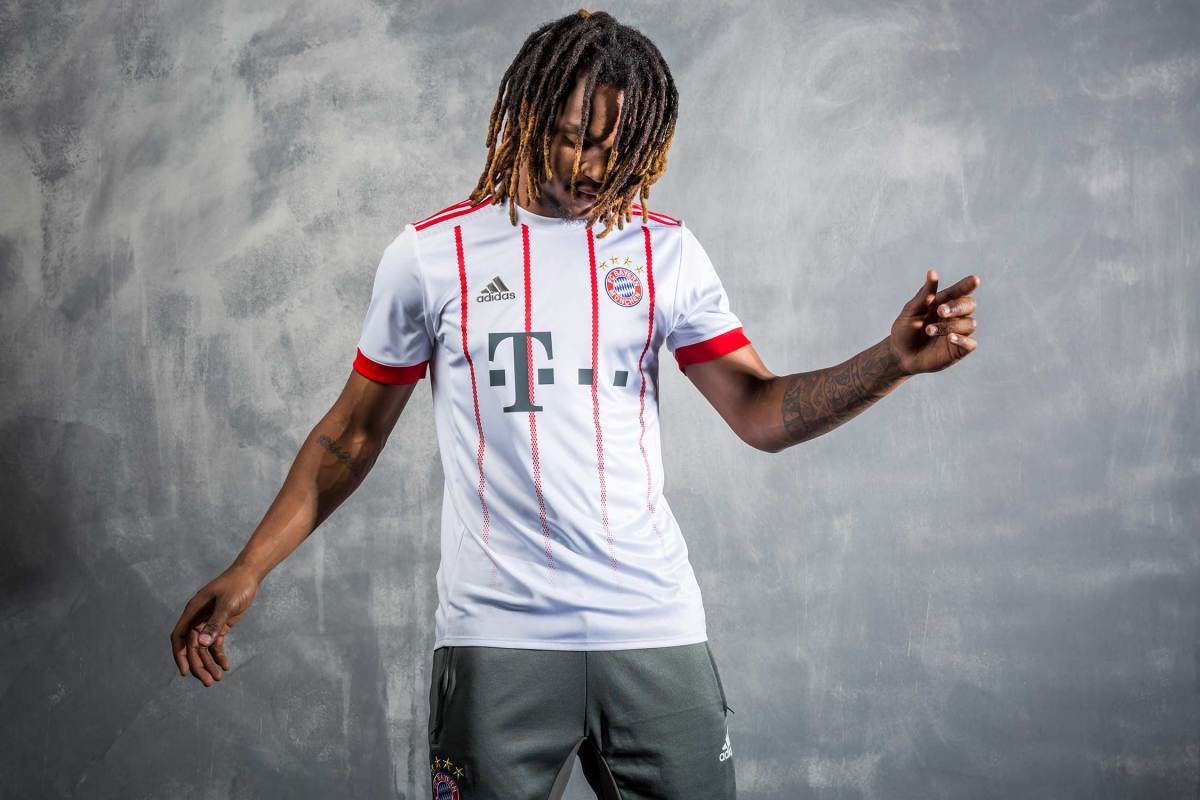
Bayern Munich (Third, fan-designed)
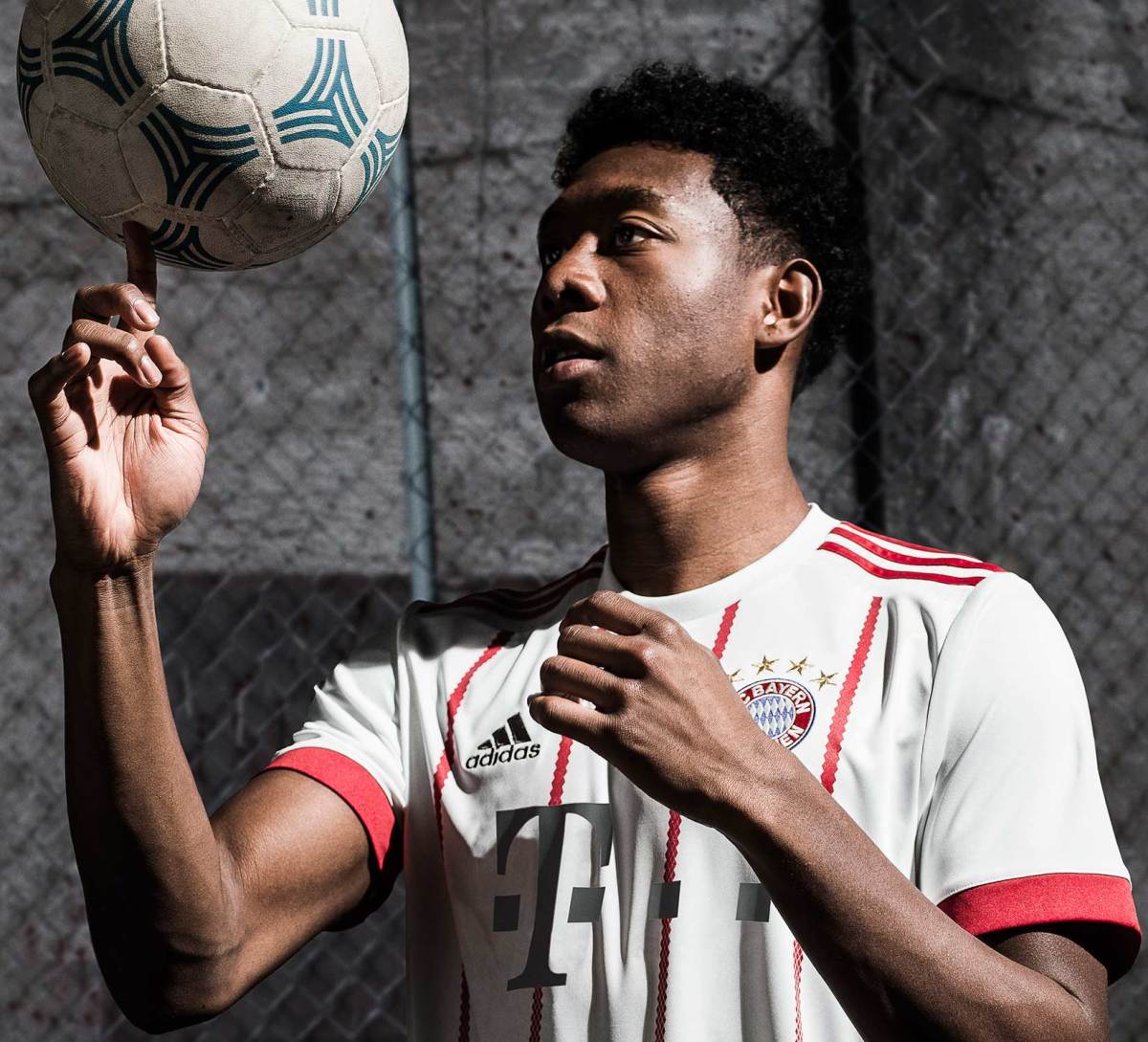
Borussia Dortmund (Home)
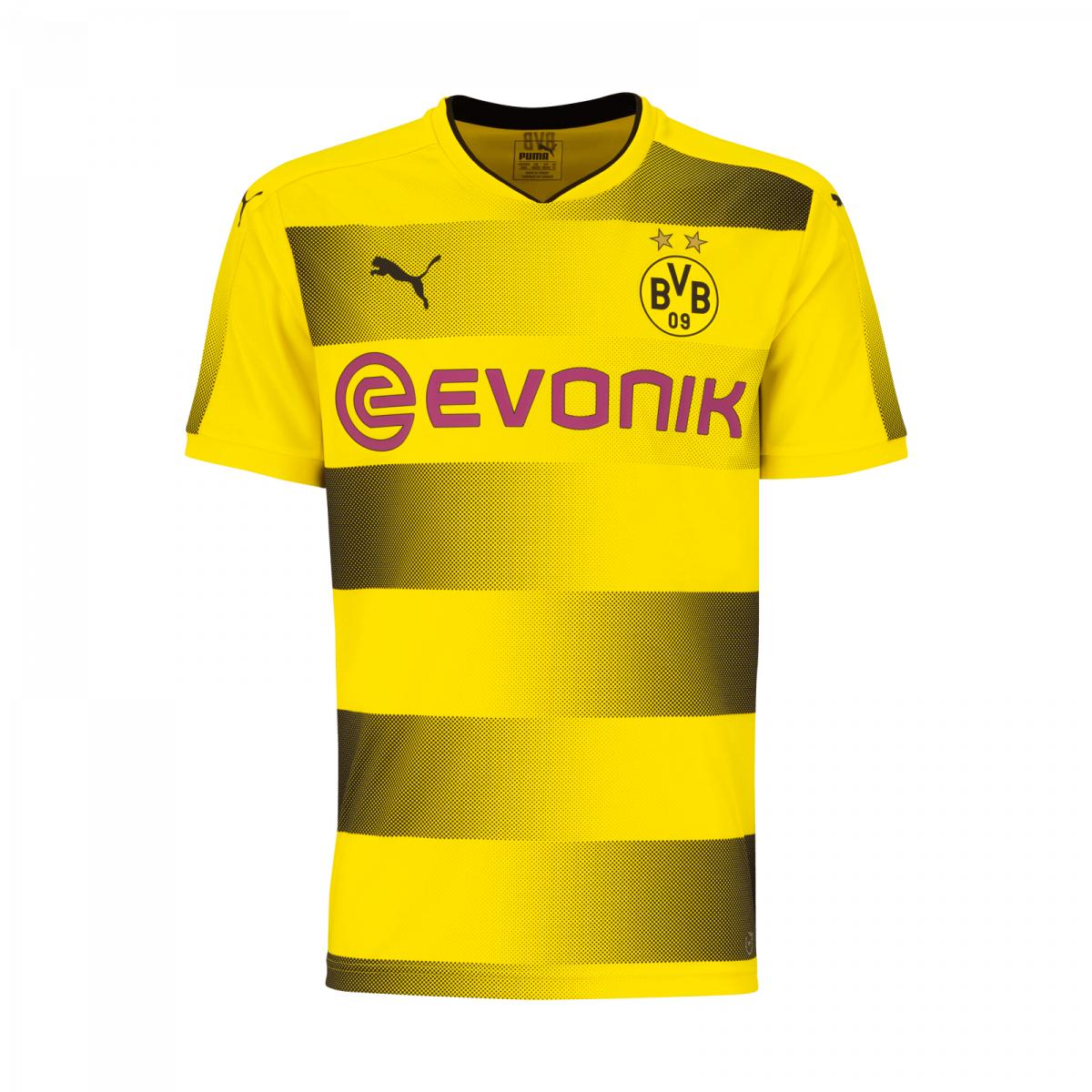
Everton (Home)
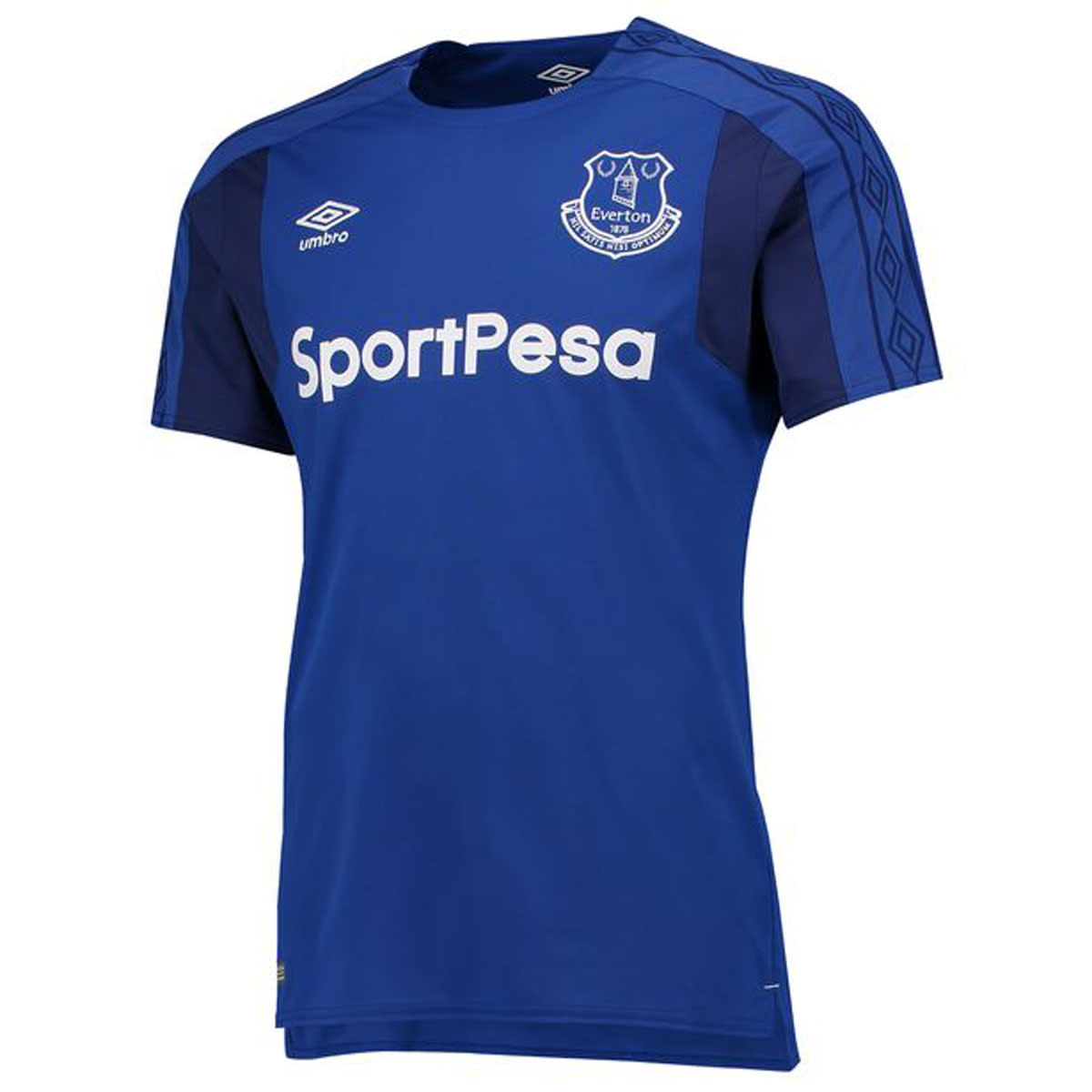
Flamengo (Third, fan-designed)

Flamengo (Third, fan-designed)
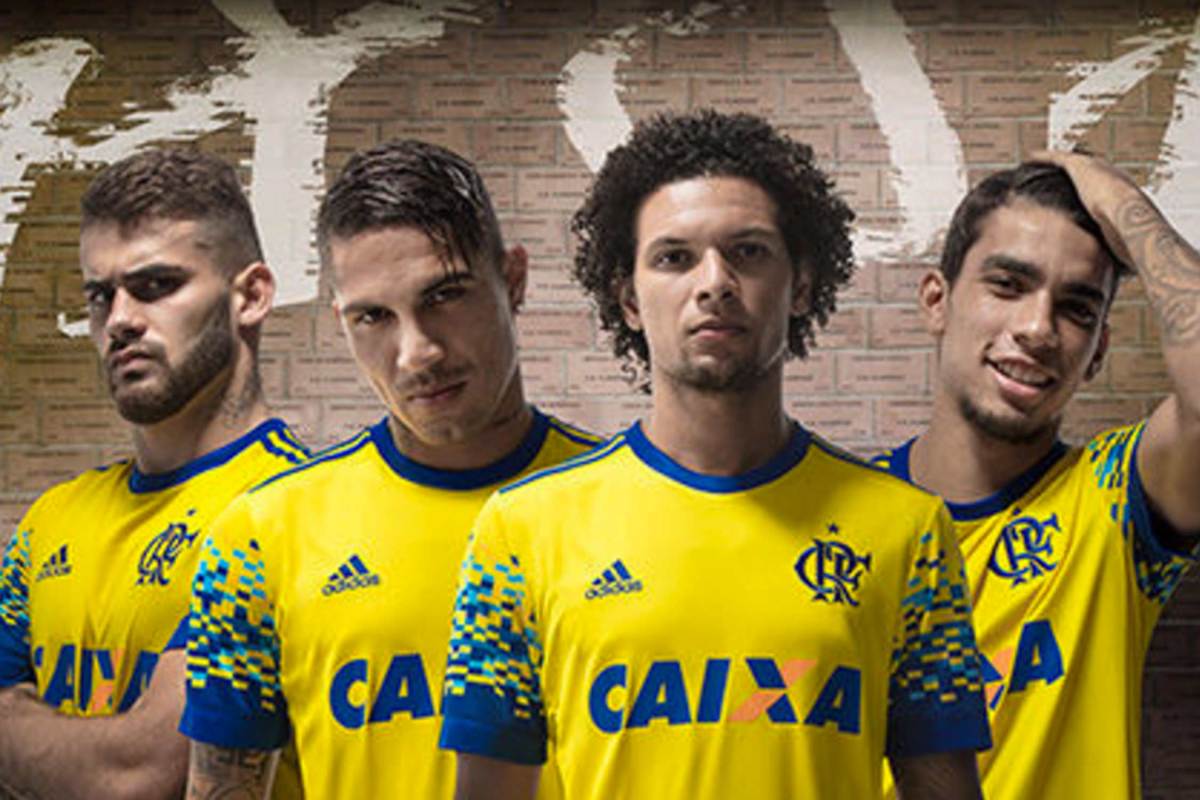
Inter Milan (Home)
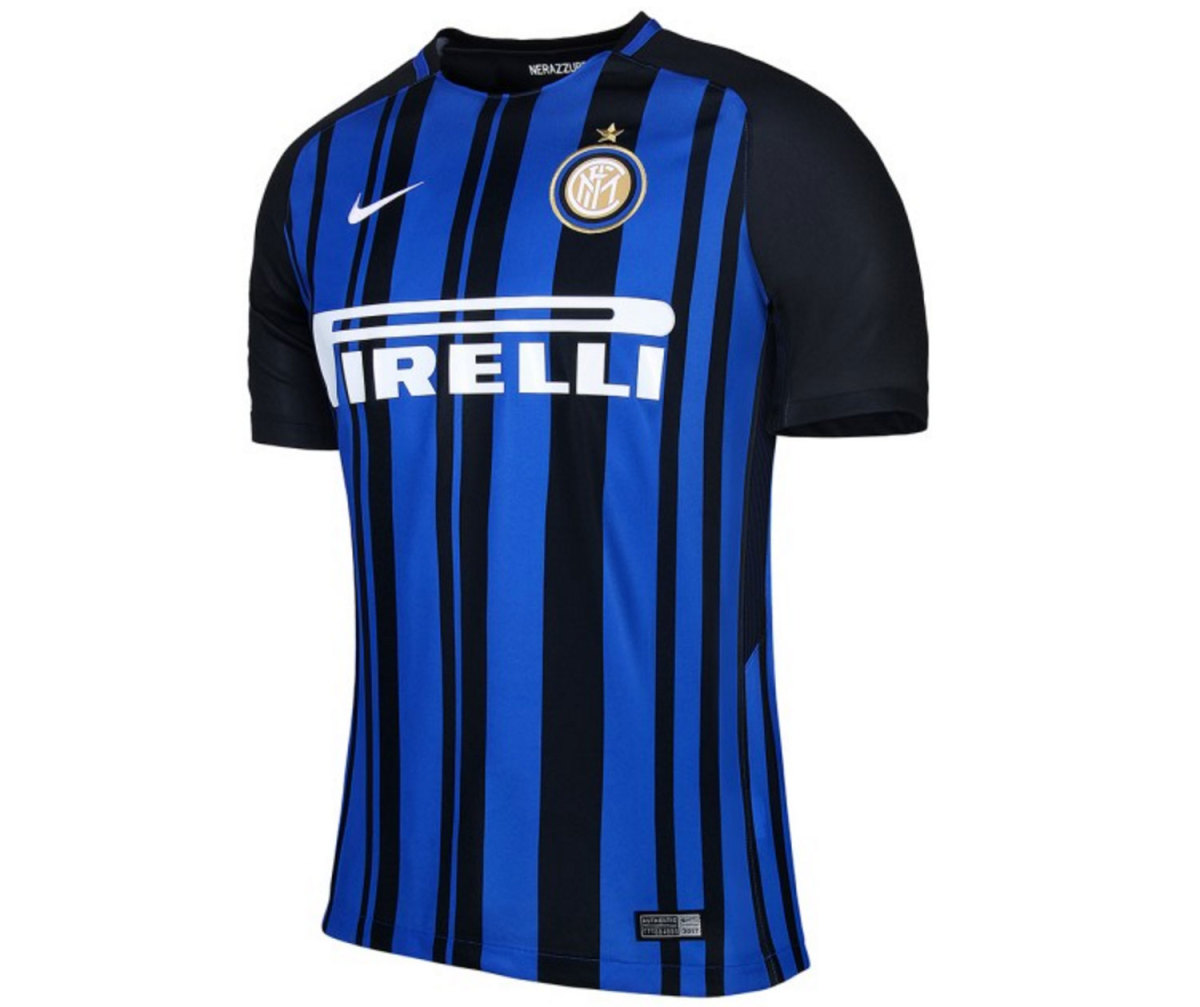
Juventus (Away)
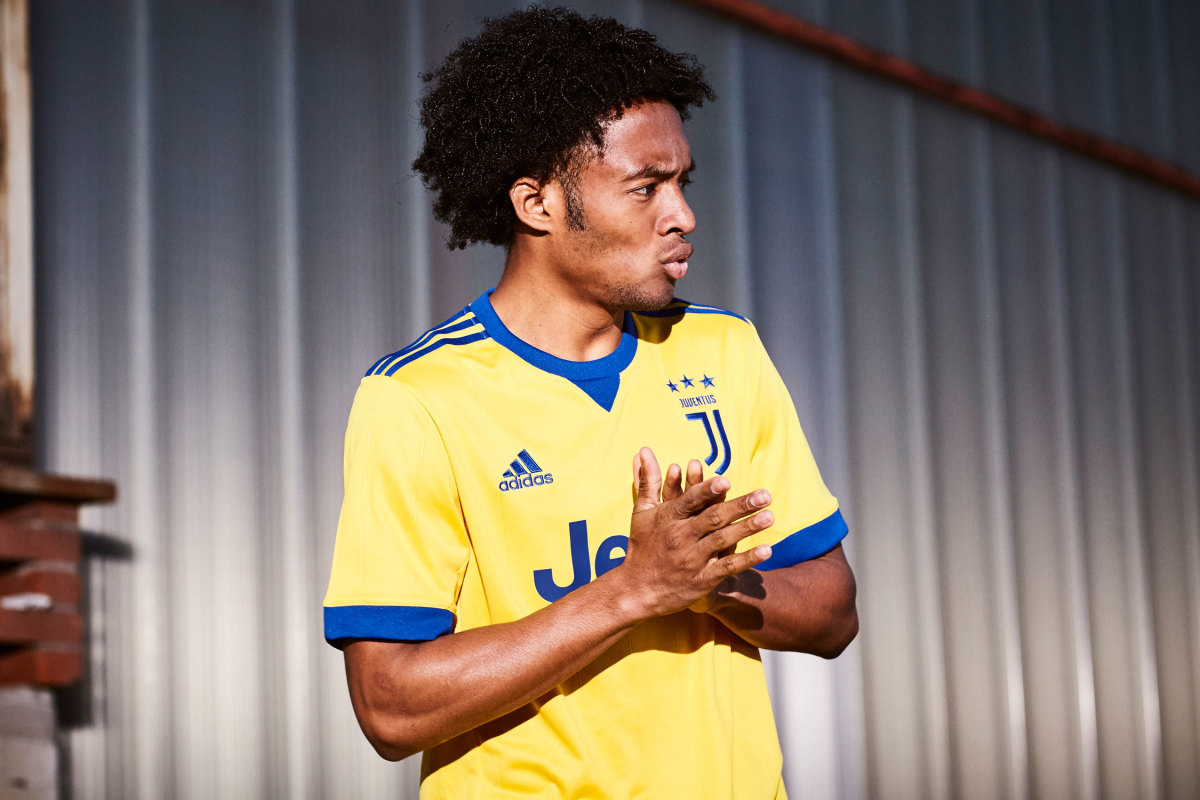
Juventus (Home)
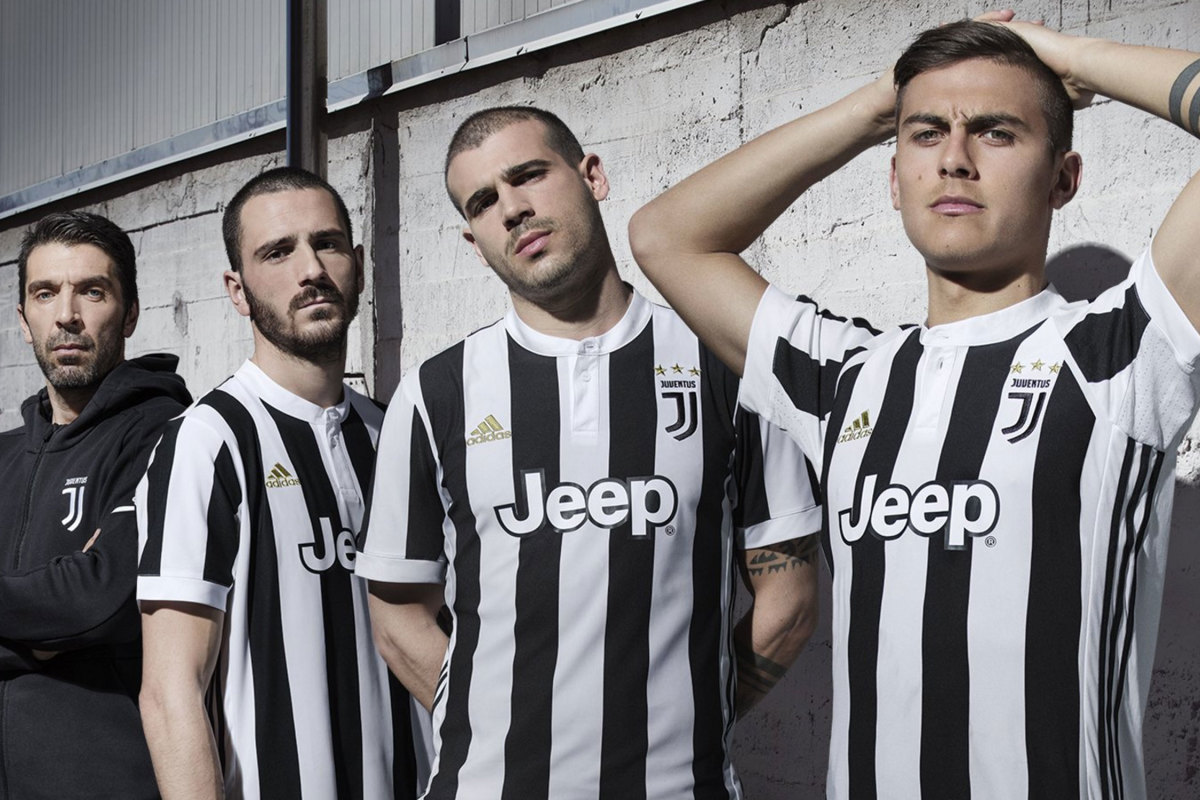
Juventus (Home)
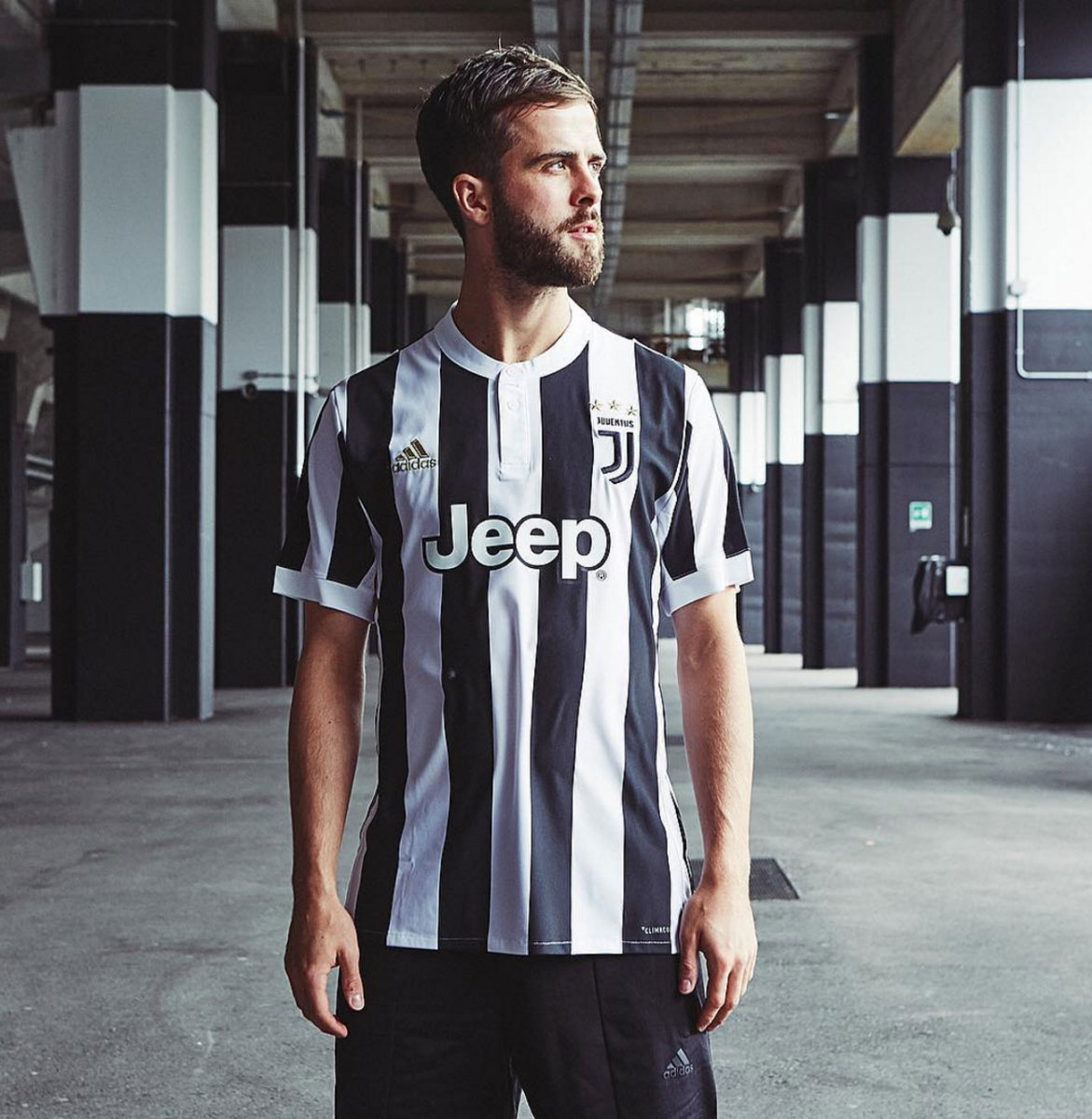
Juventus (Third, fan-designed)
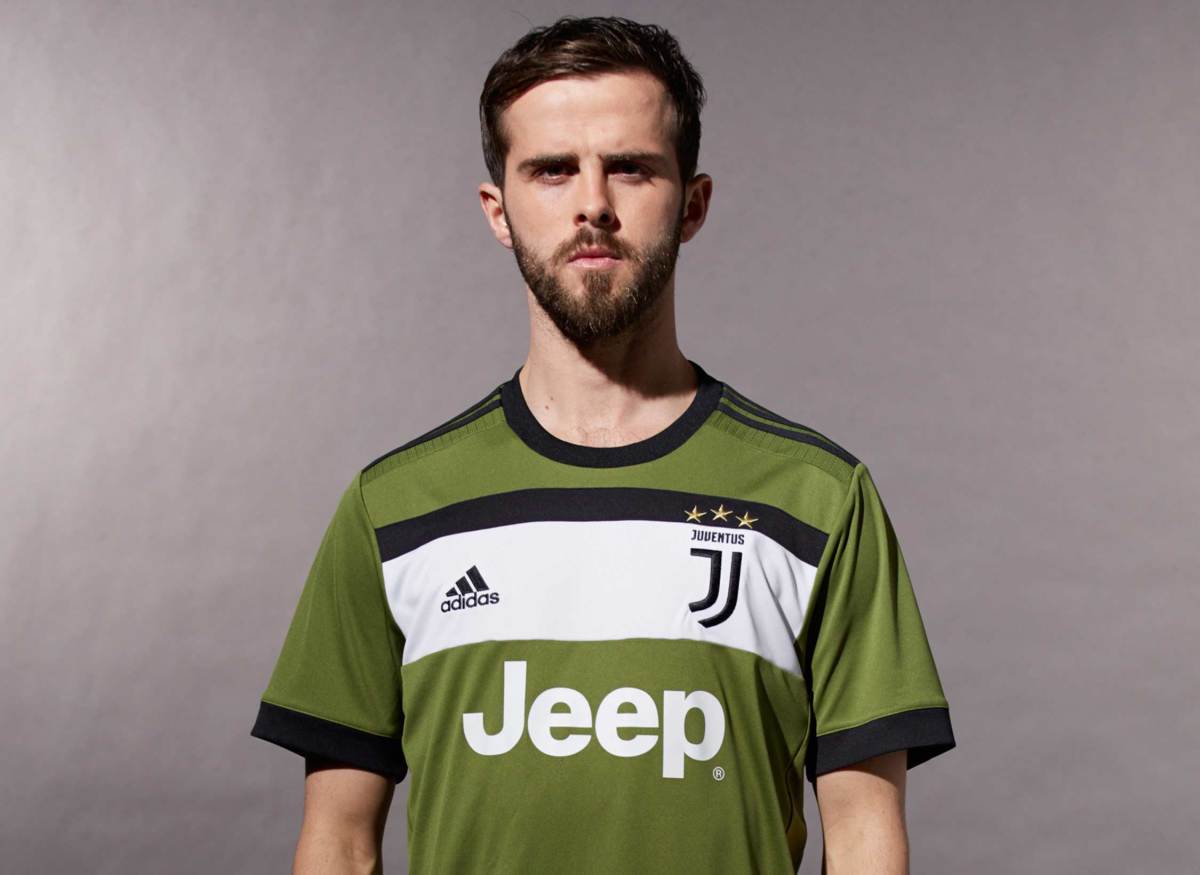
Juventus (Third, fan-designed)
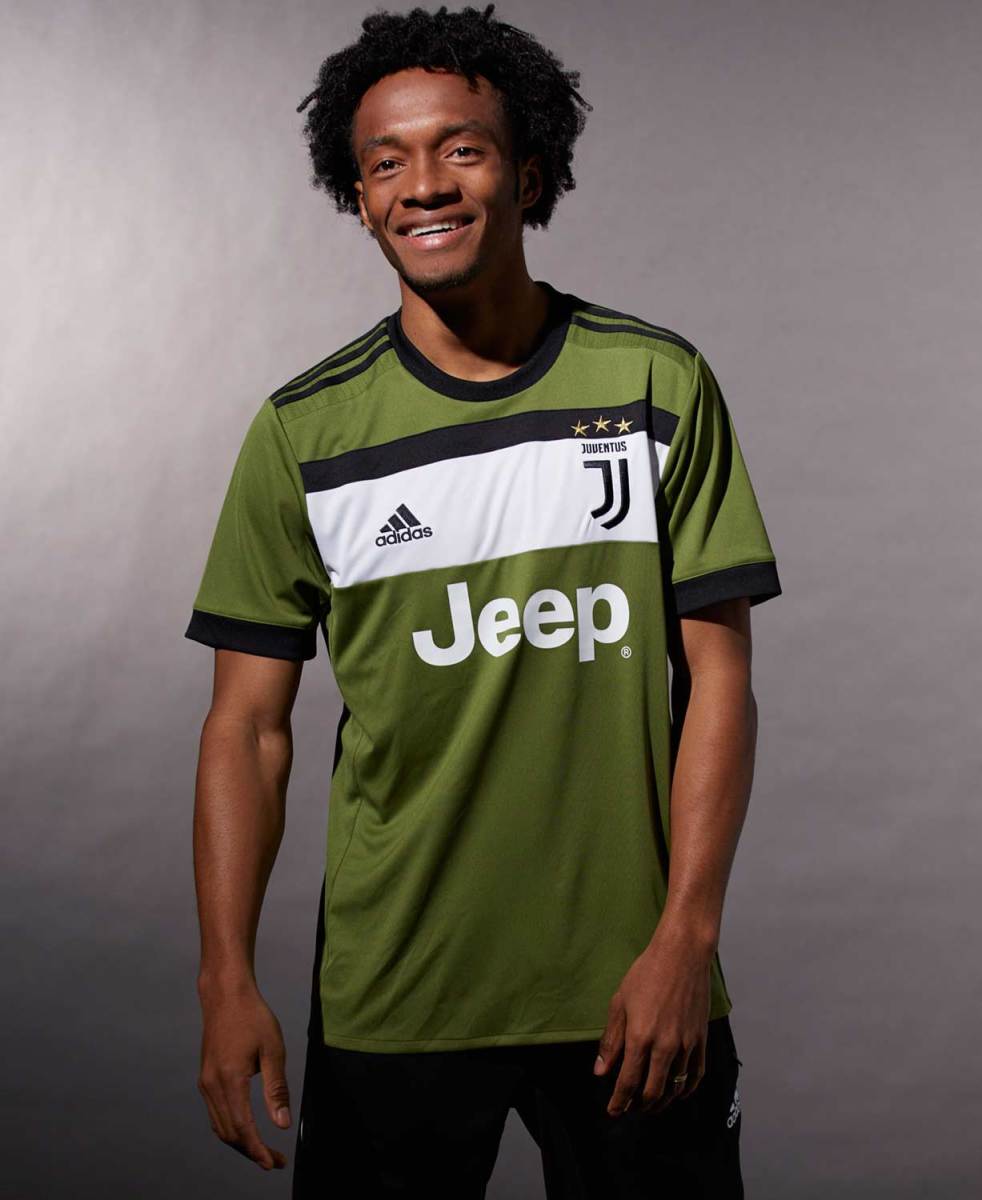
Liverpool (Home)
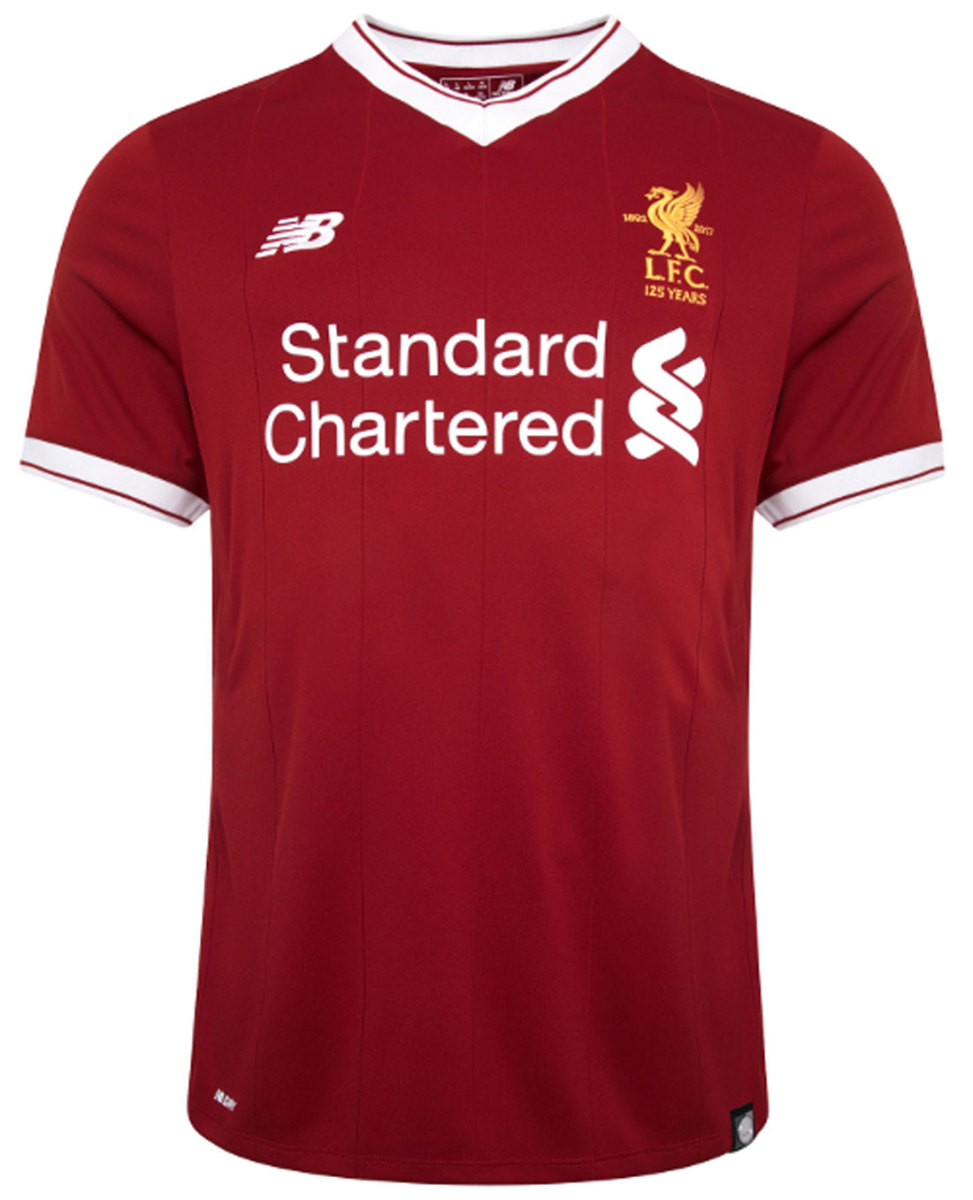
Liverpool (Home)
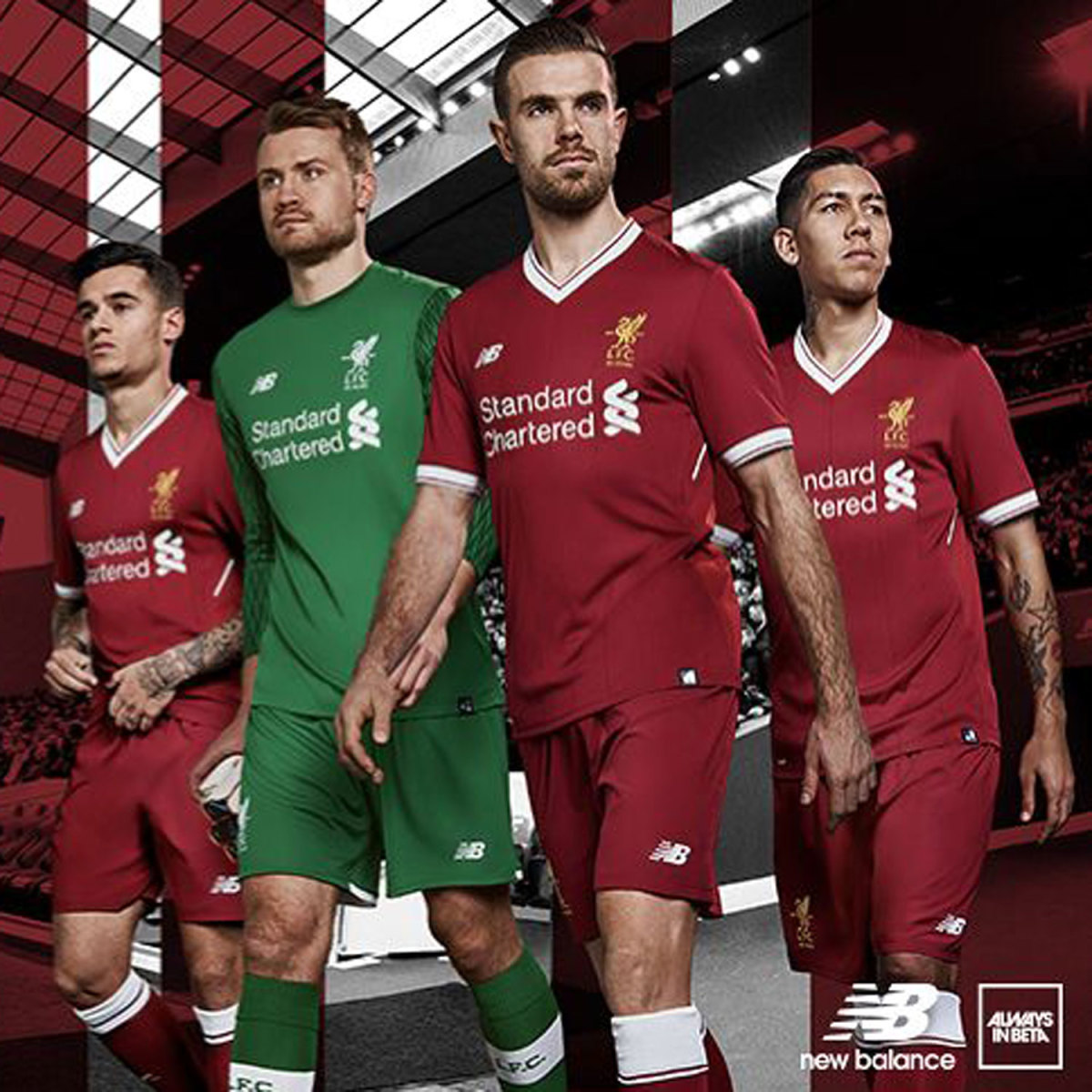
Manchester City (Home)
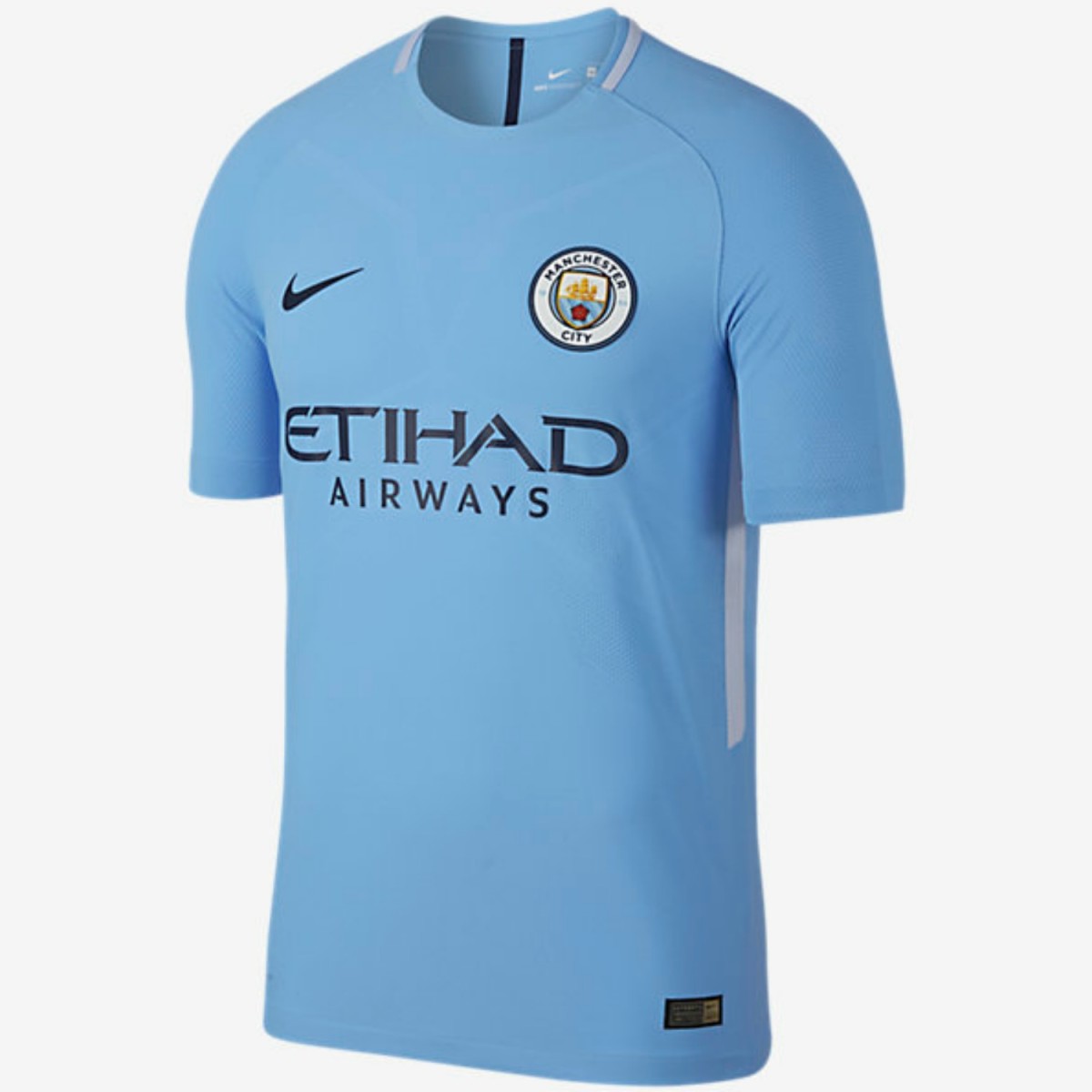
Manchester United (Home)
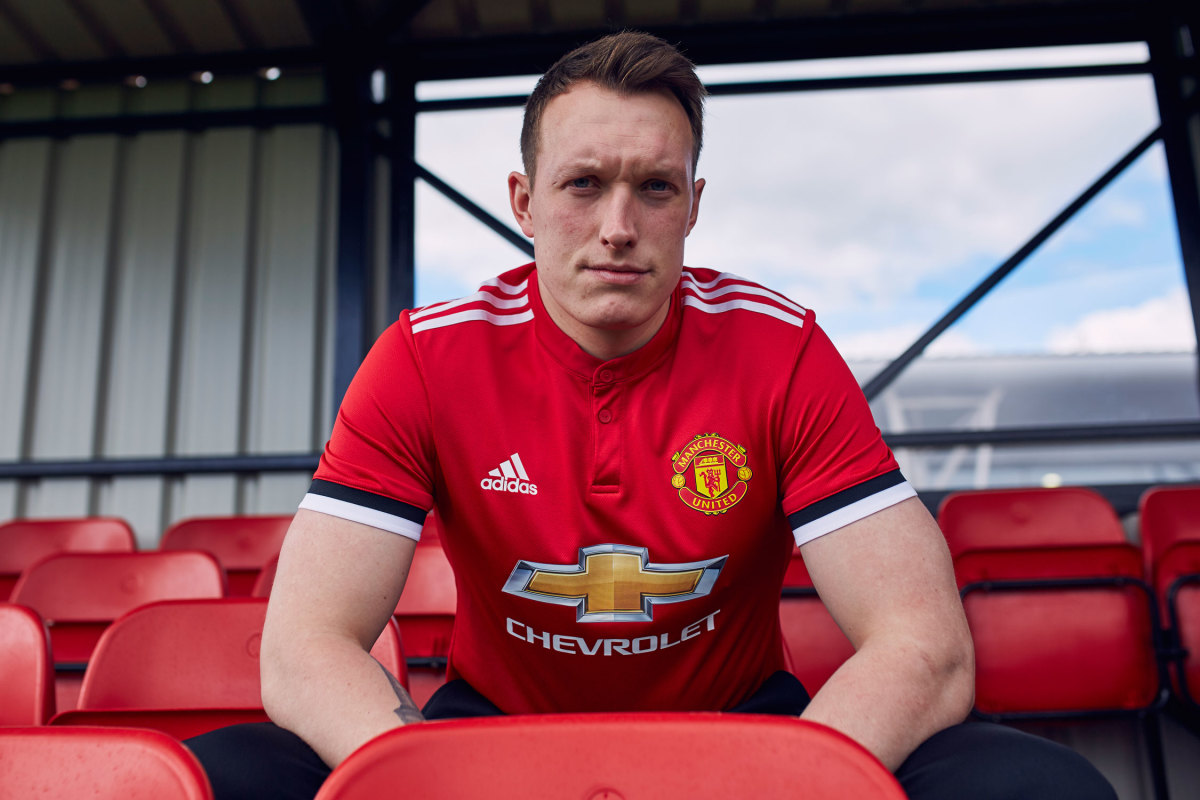
Manchester United (Away)
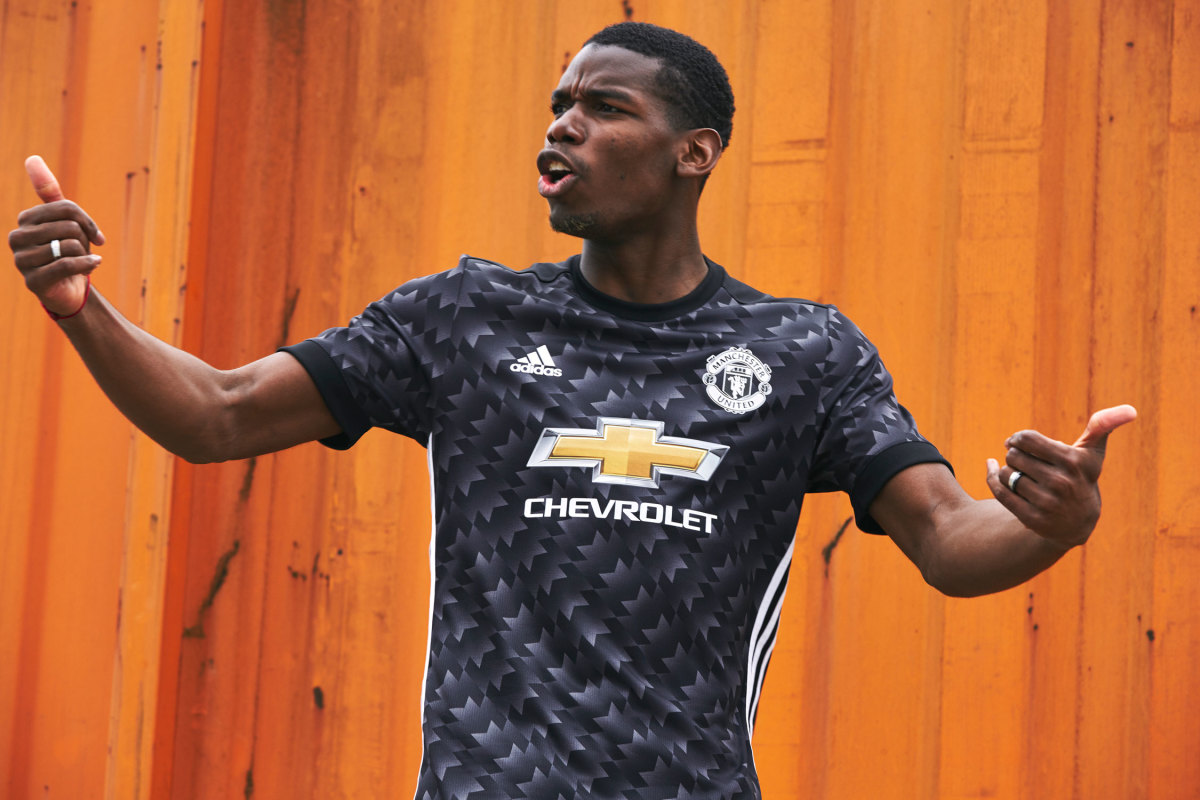
Manchester United (Away)
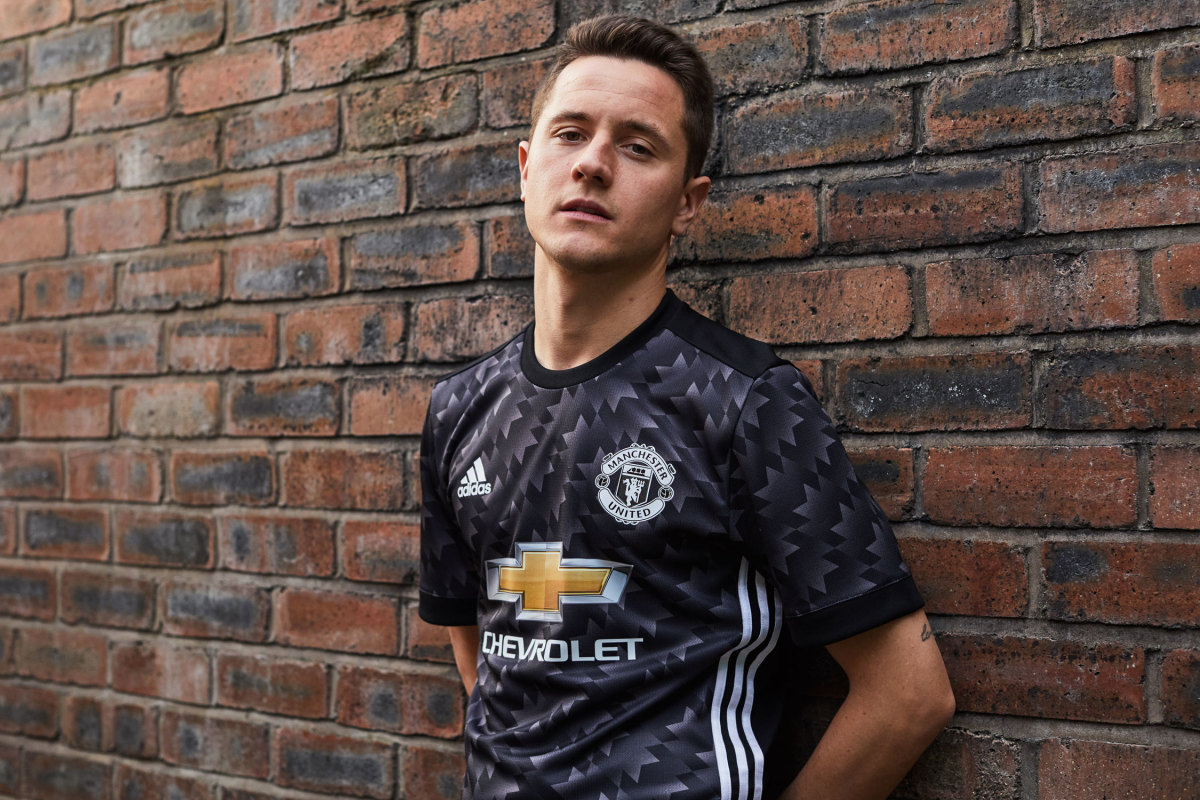
Manchester United (Third, fan-designed)
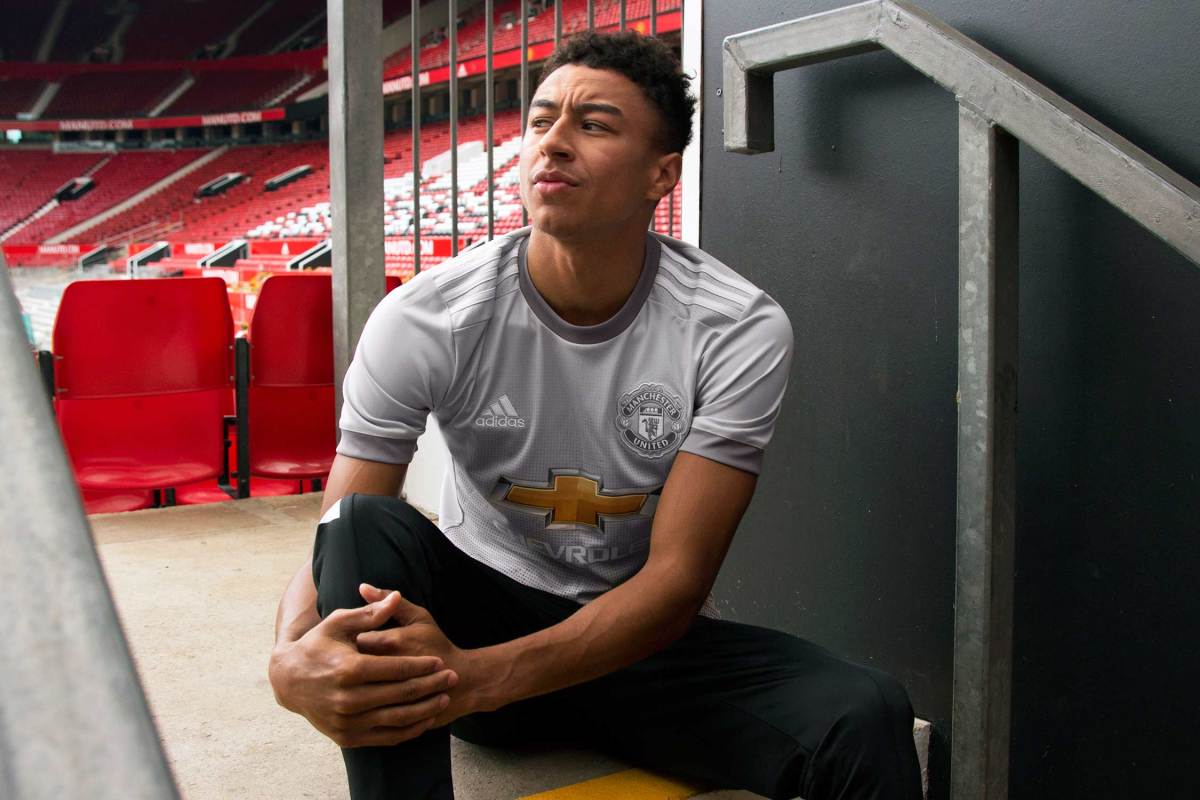
Manchester United (Third, fan-designed)
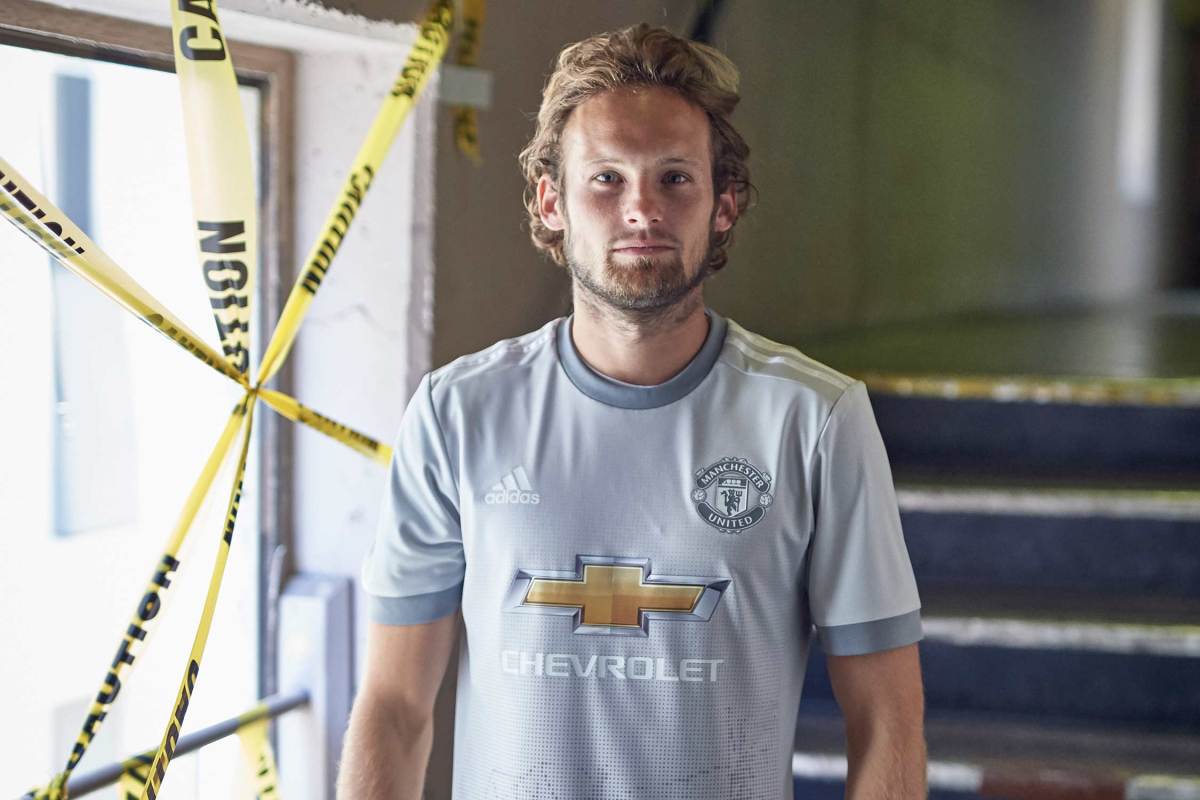
Manchester United (Third, fan-designed)
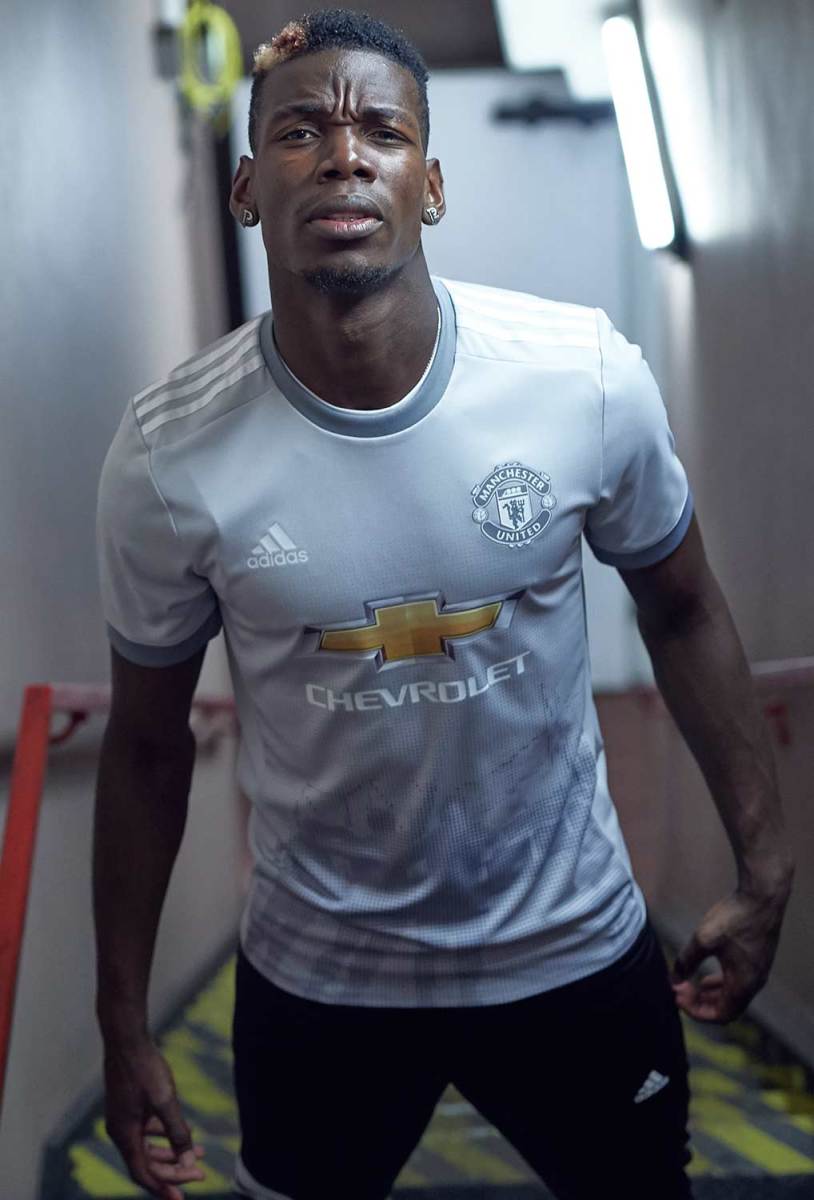
AC Milan (Home)
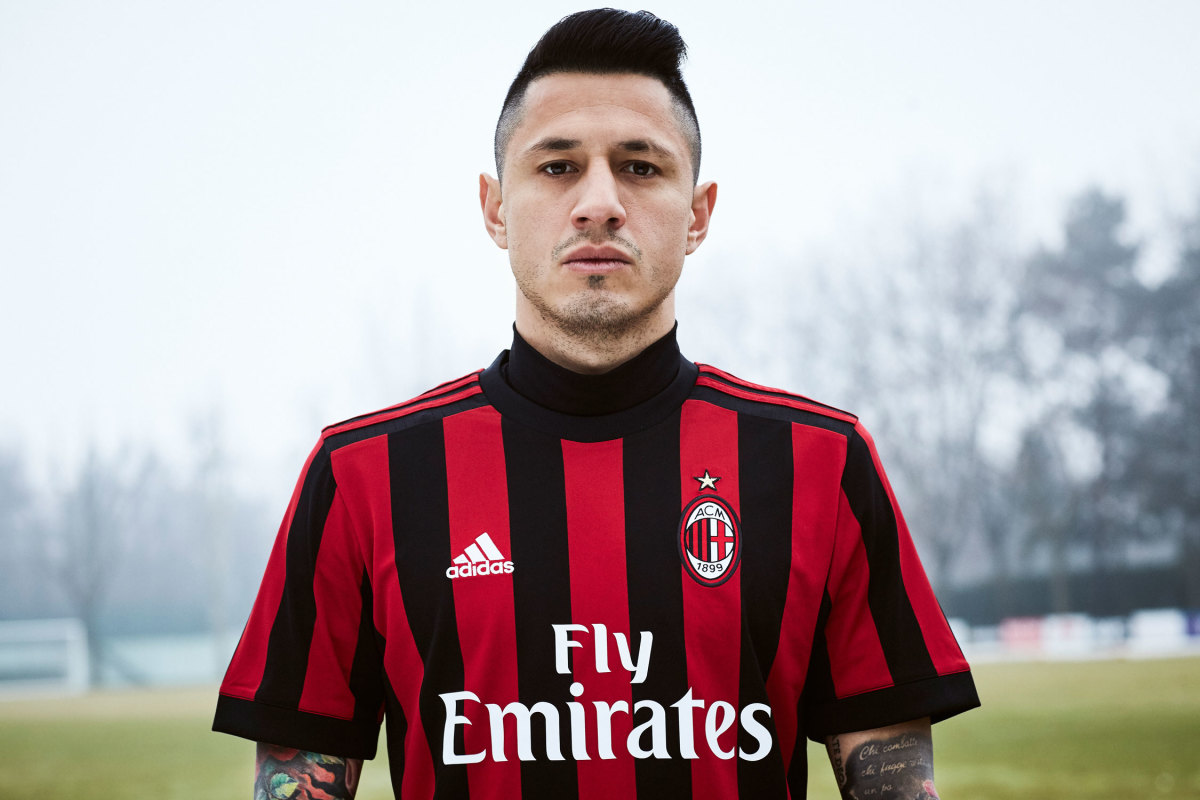
AC Milan (Home)
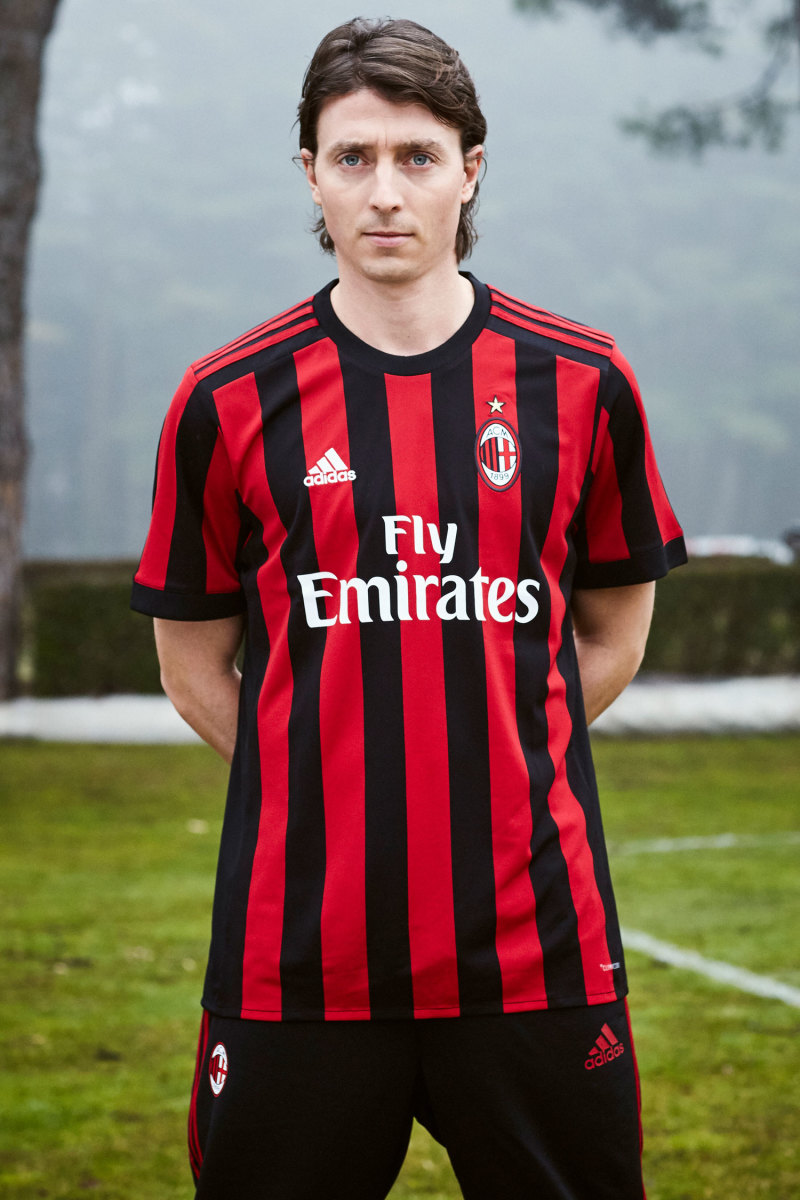
AC Milan (Away)
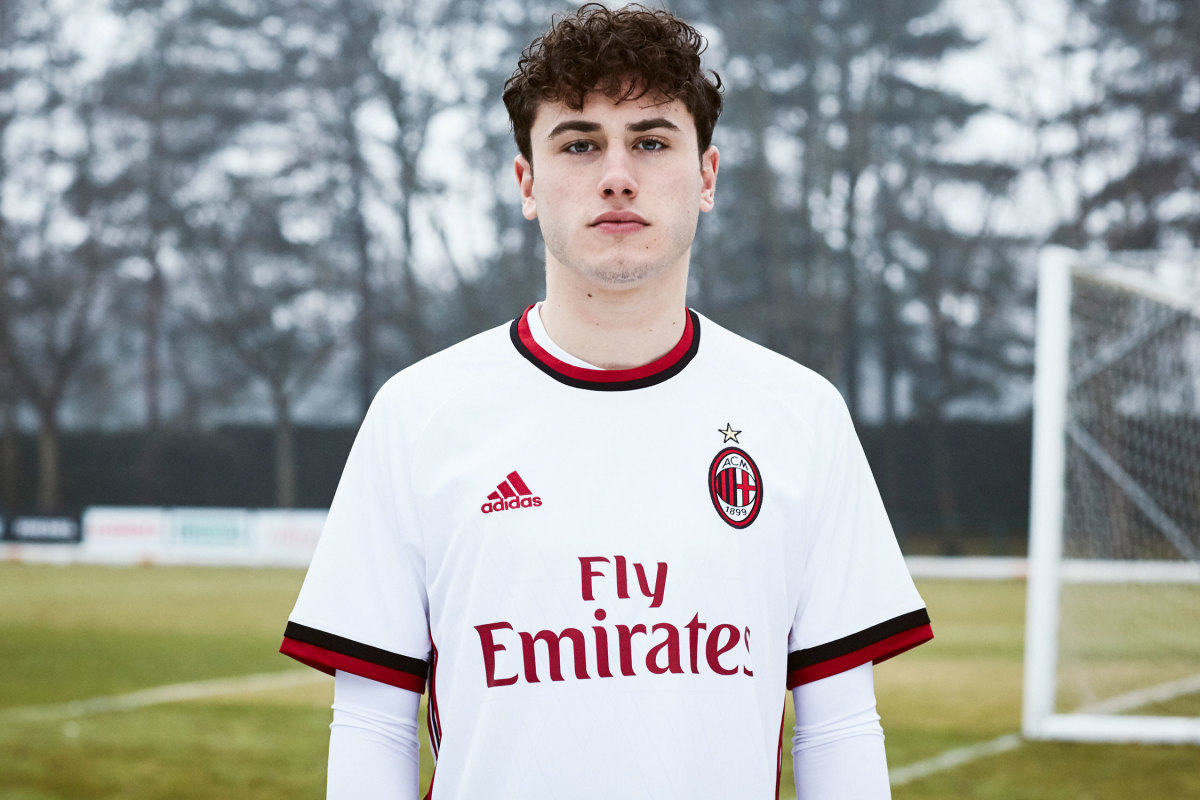
AC Milan (Third, fan-designed)
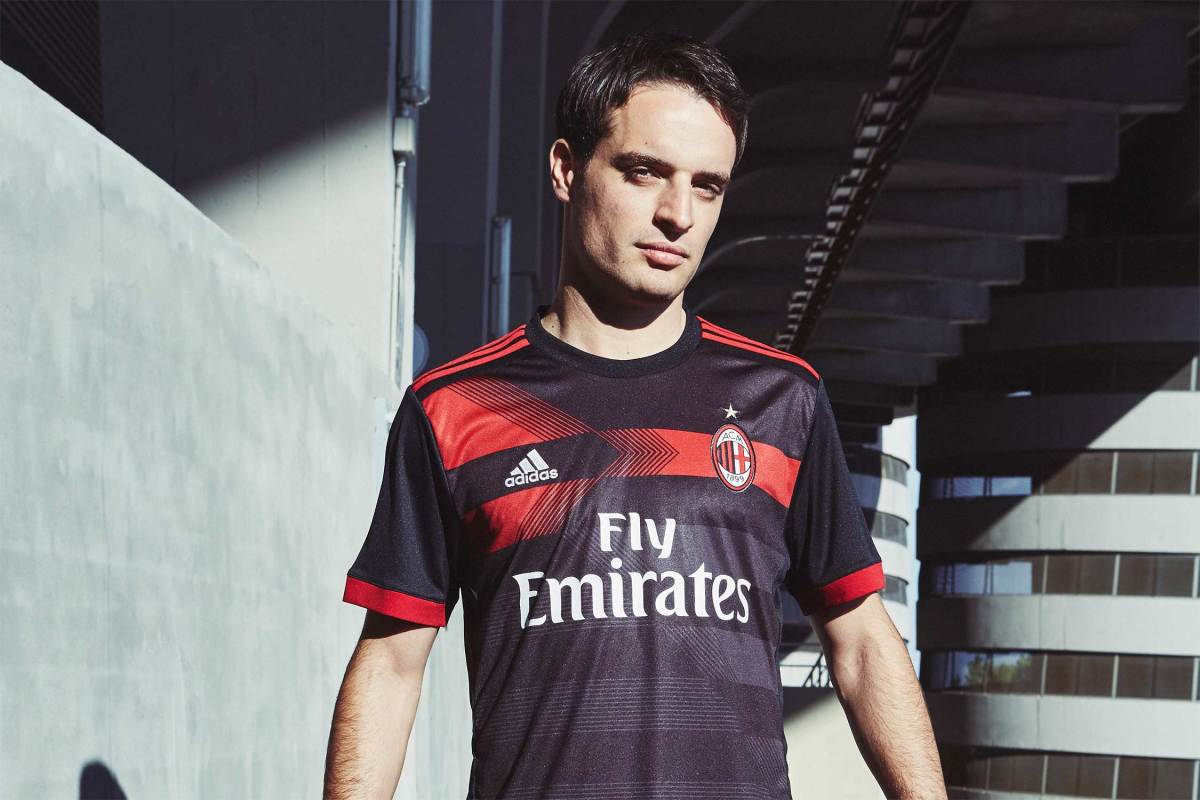
Newcastle (Home)

Paris Saint-Germain (Home)
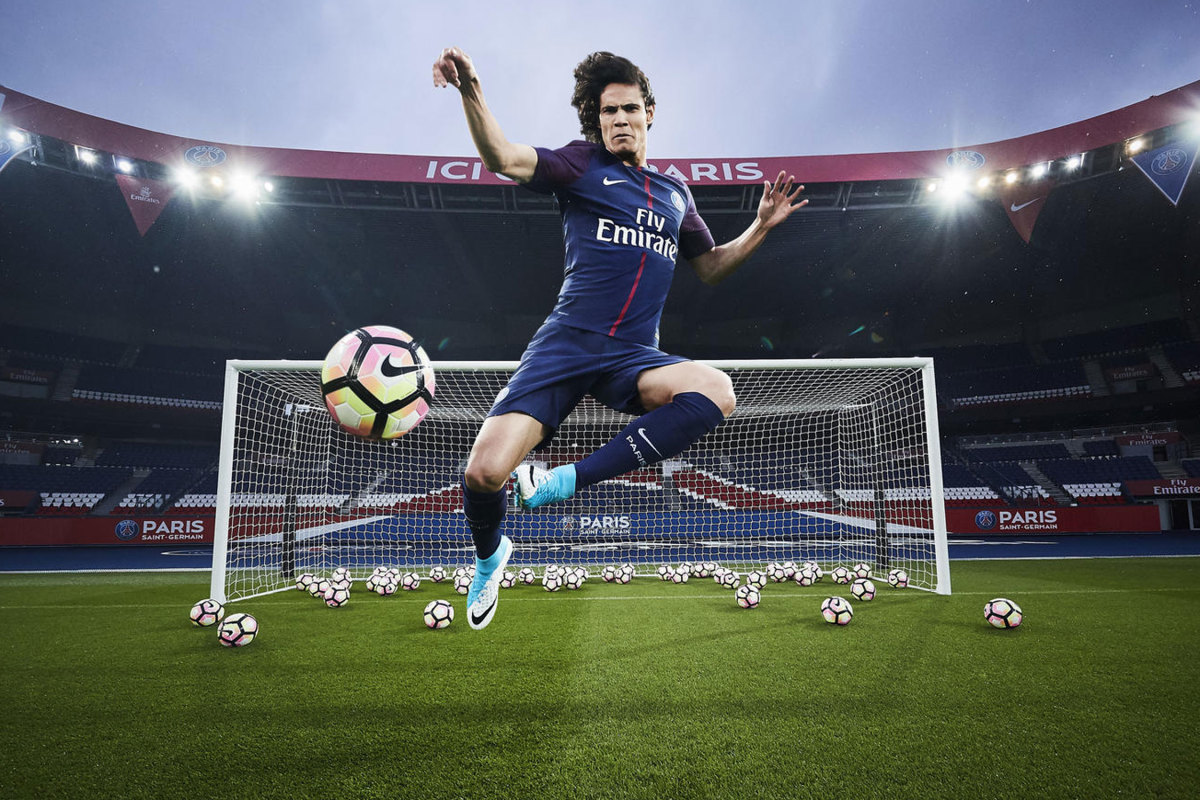
Paris Saint-Germain (Home)
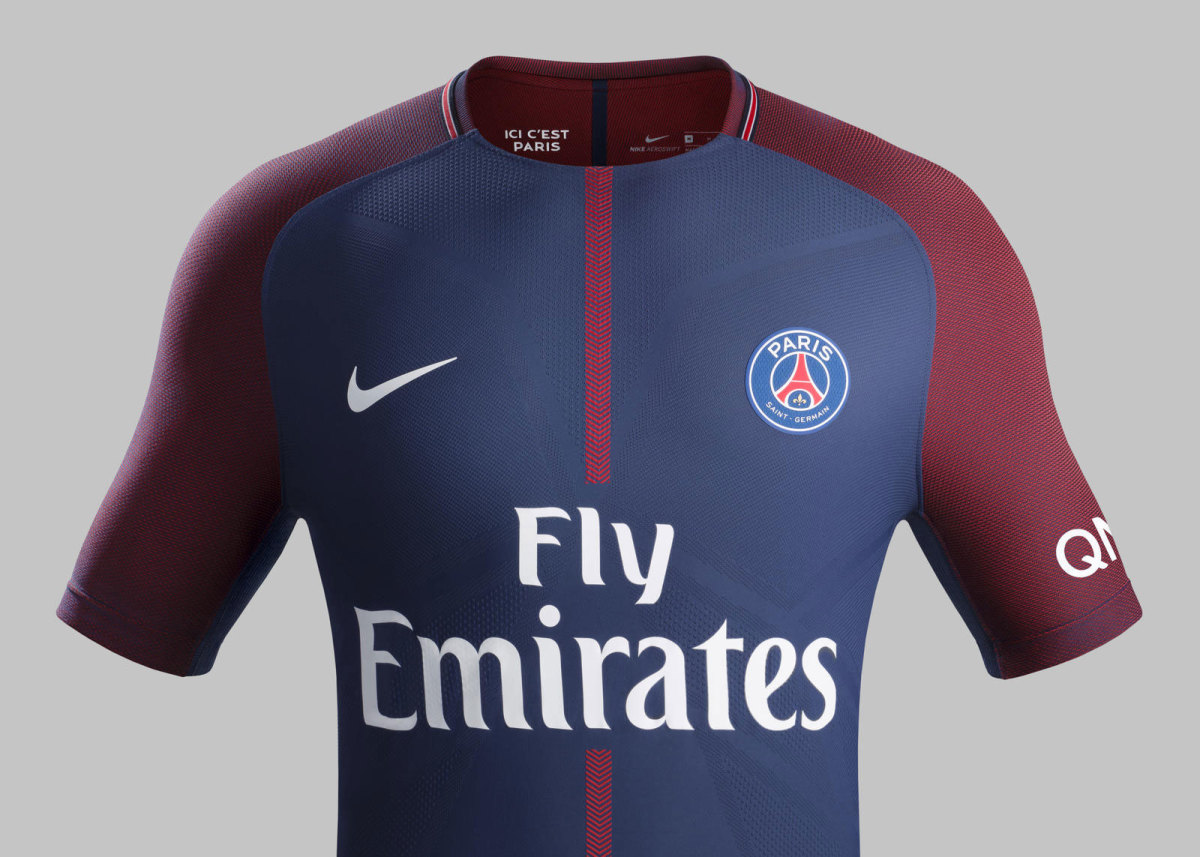
Real Madrid (Away)
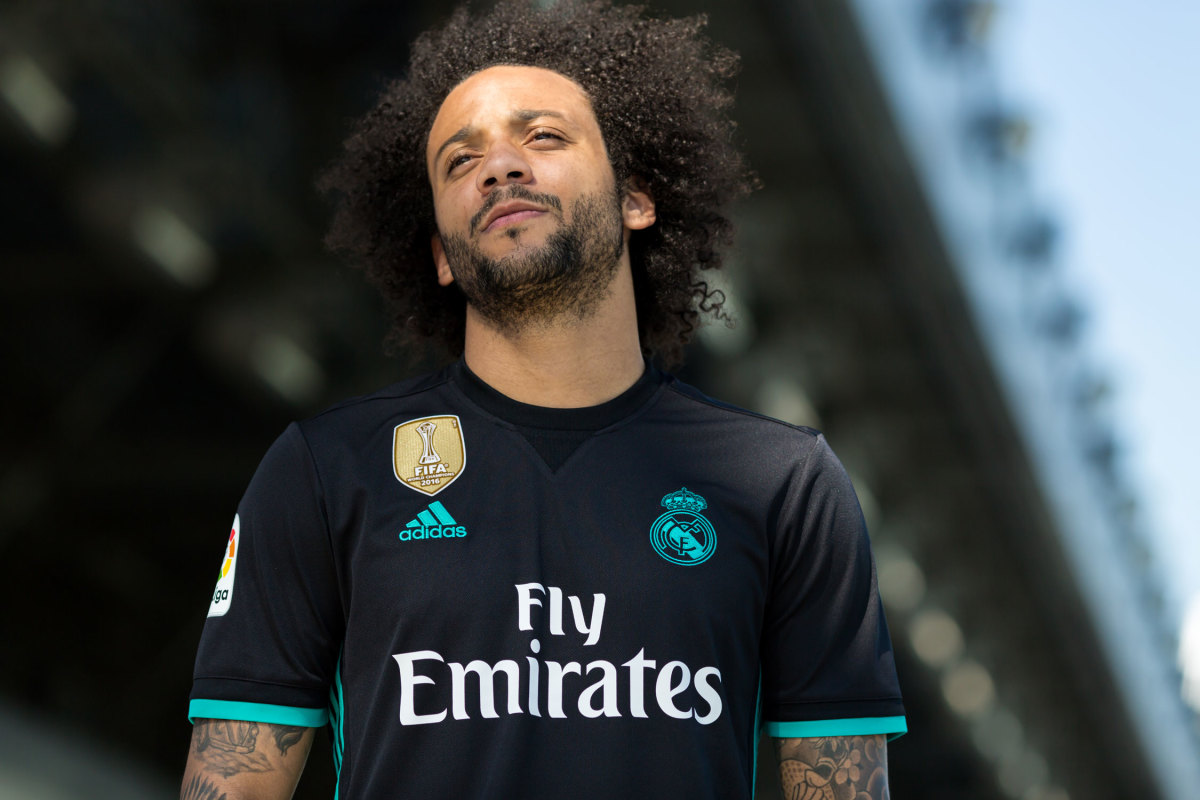
Real Madrid (Home)
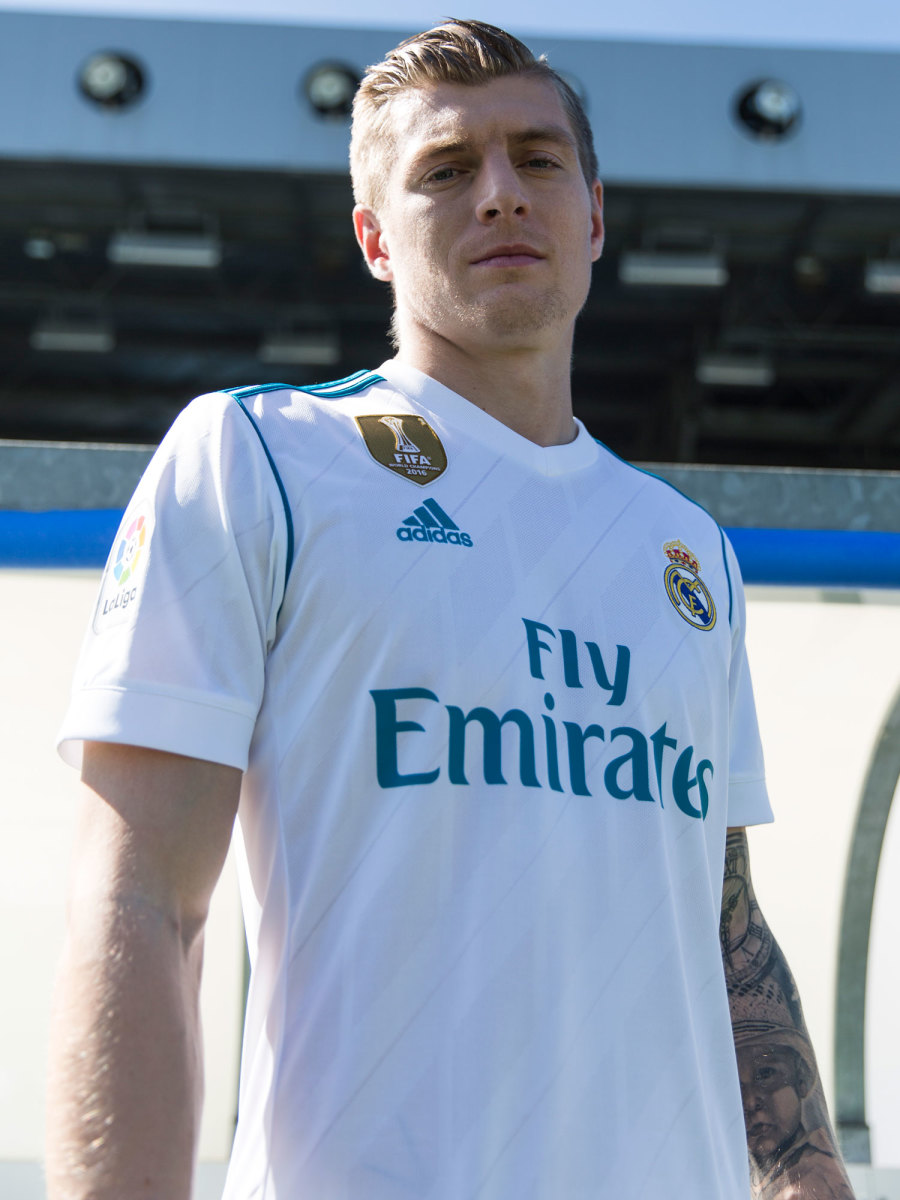
Real Madrid (Third, fan-designed)
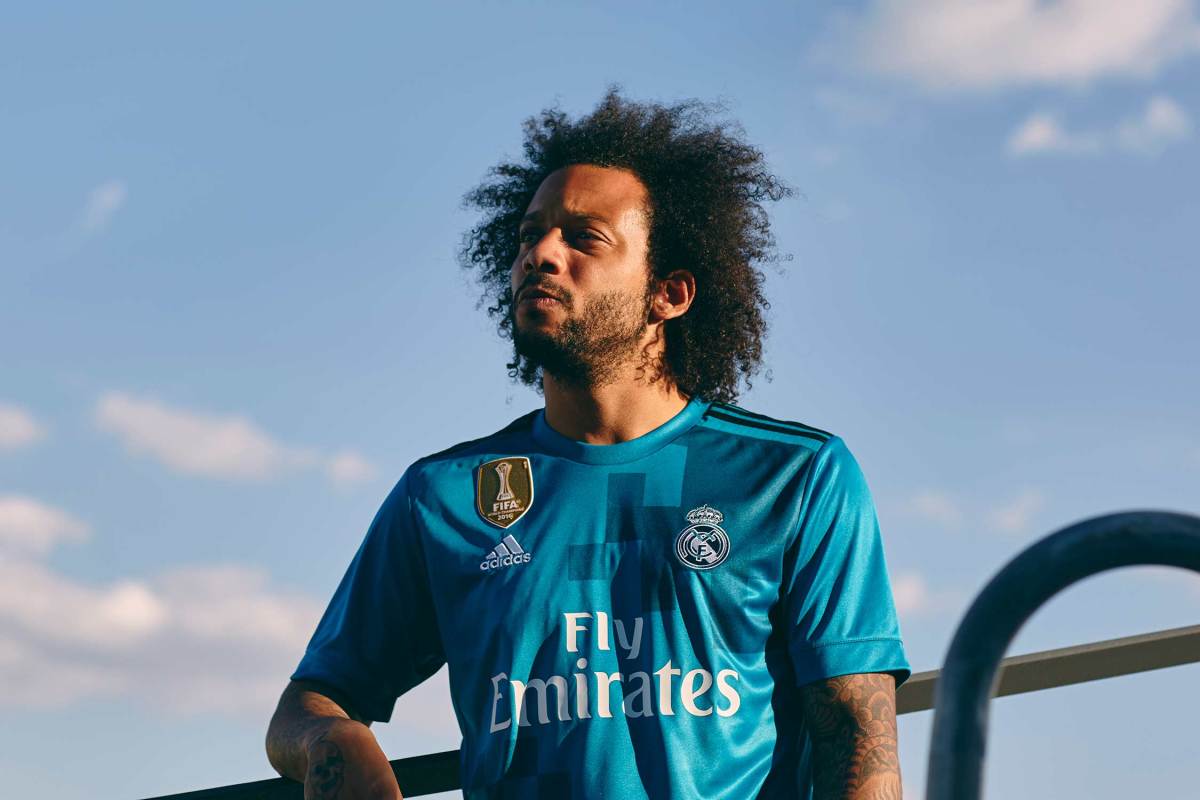
Real Madrid (Third, fan-designed)
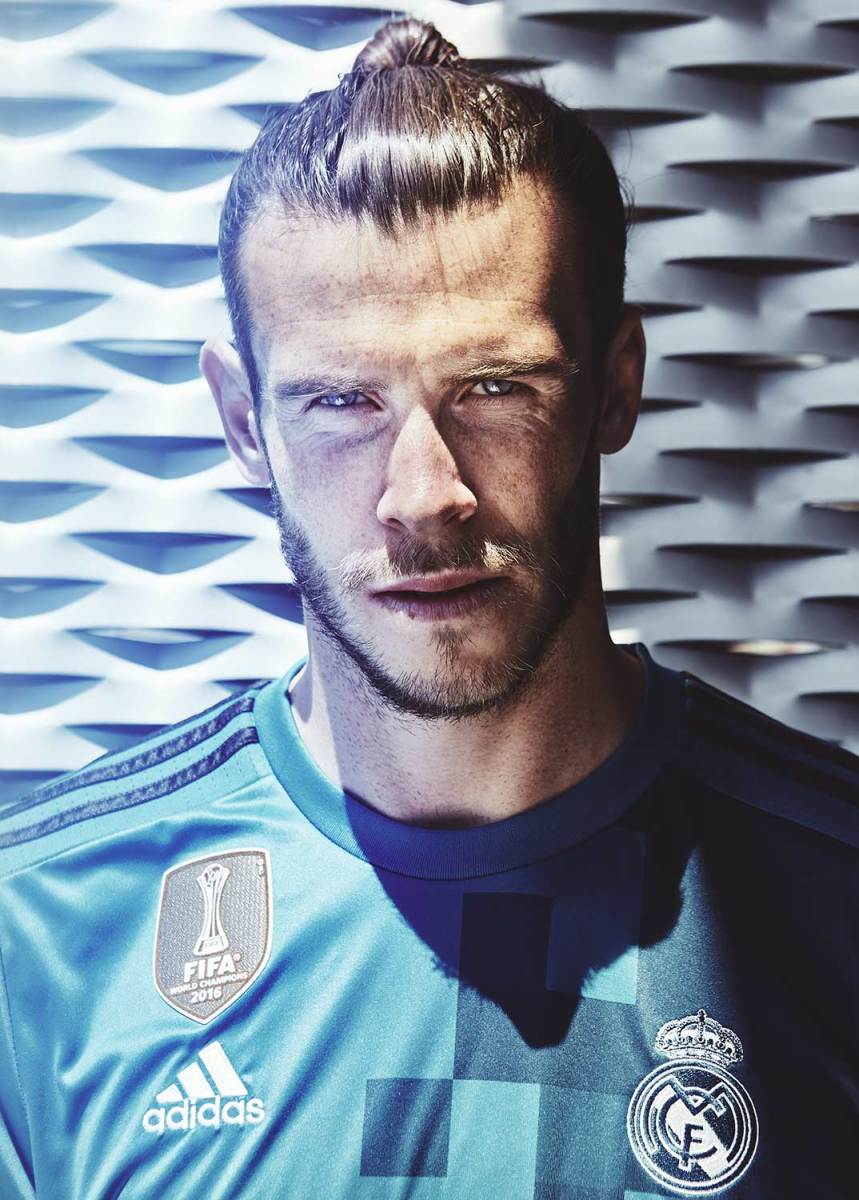
Stoke City (Away)
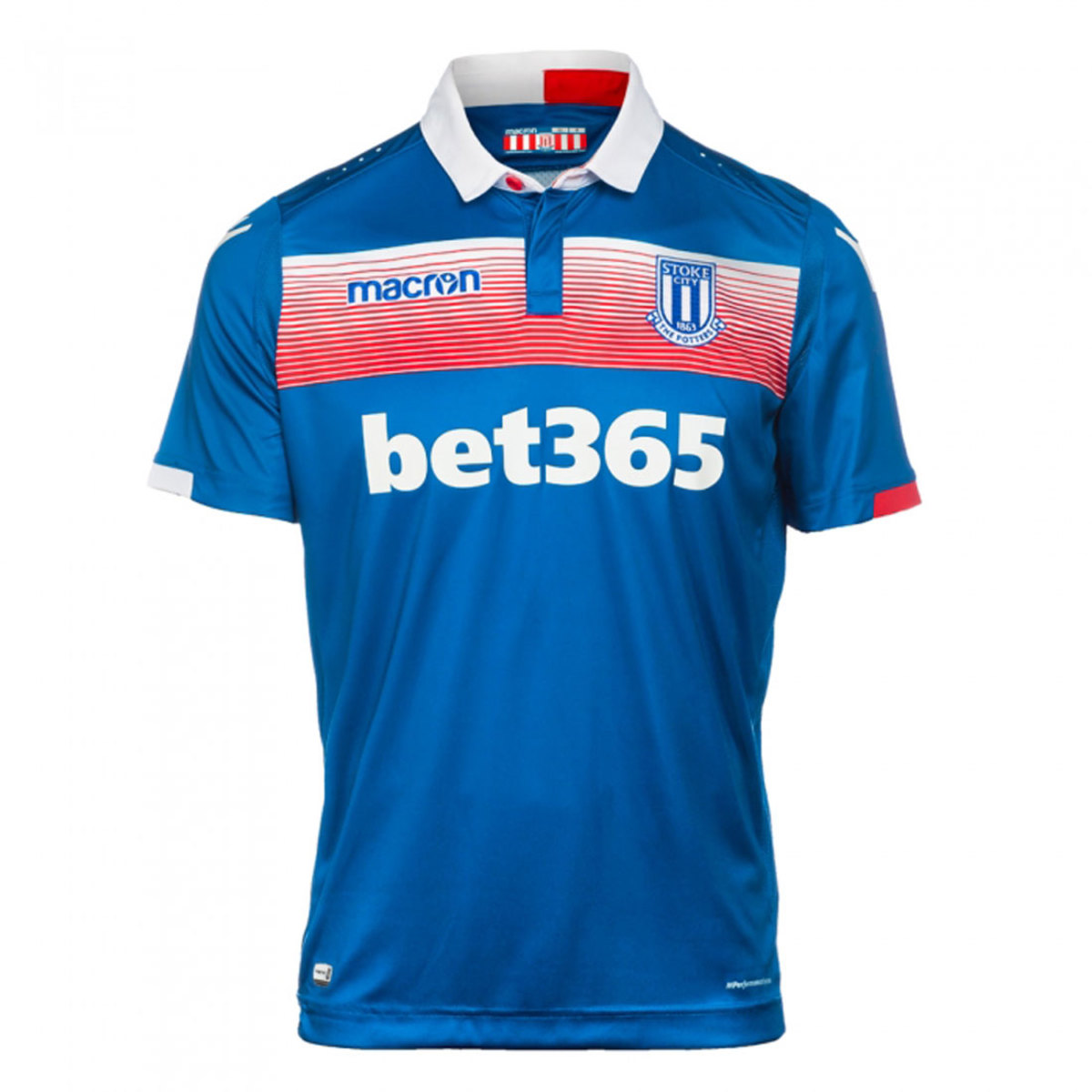
Stoke City (Home)
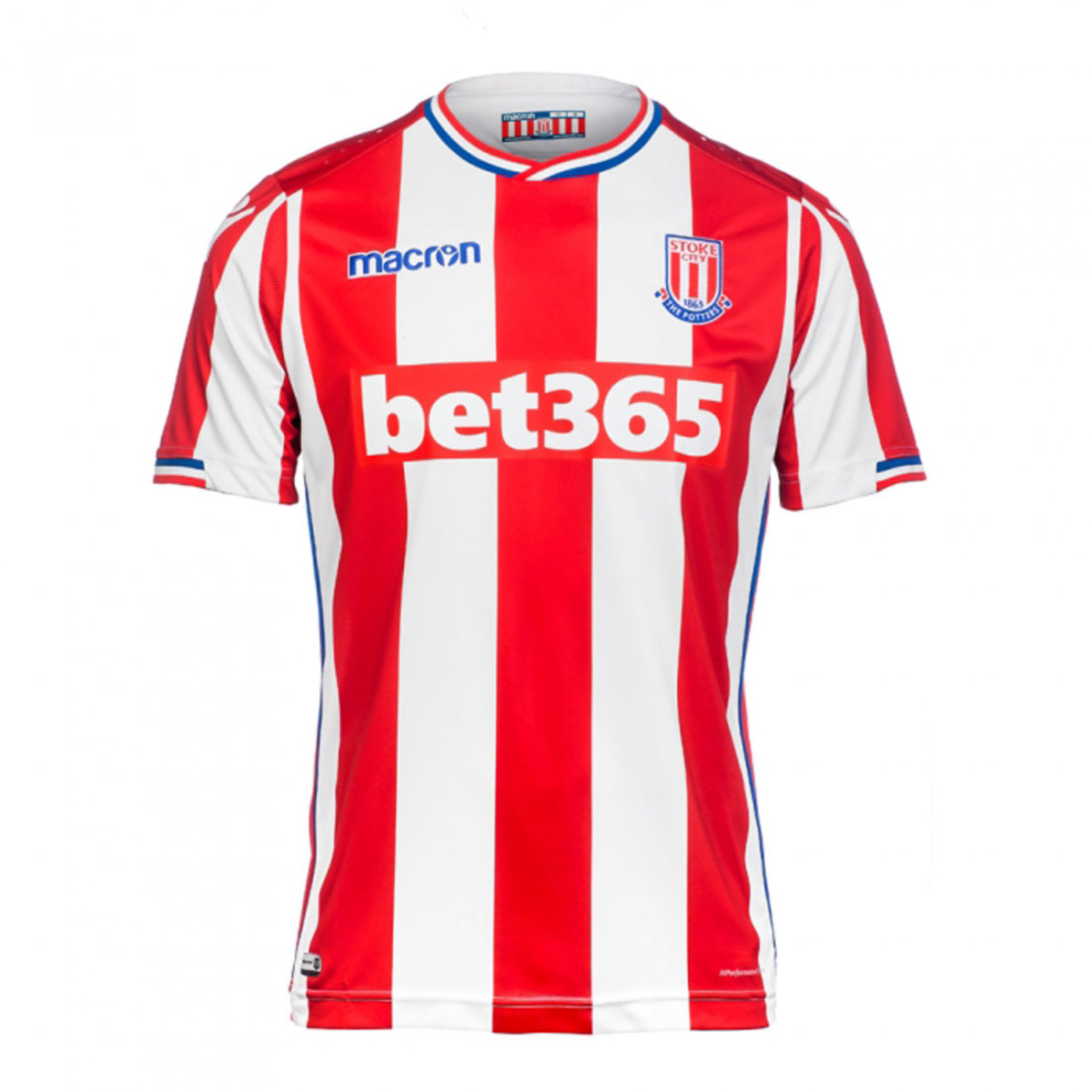
West Ham (Away)
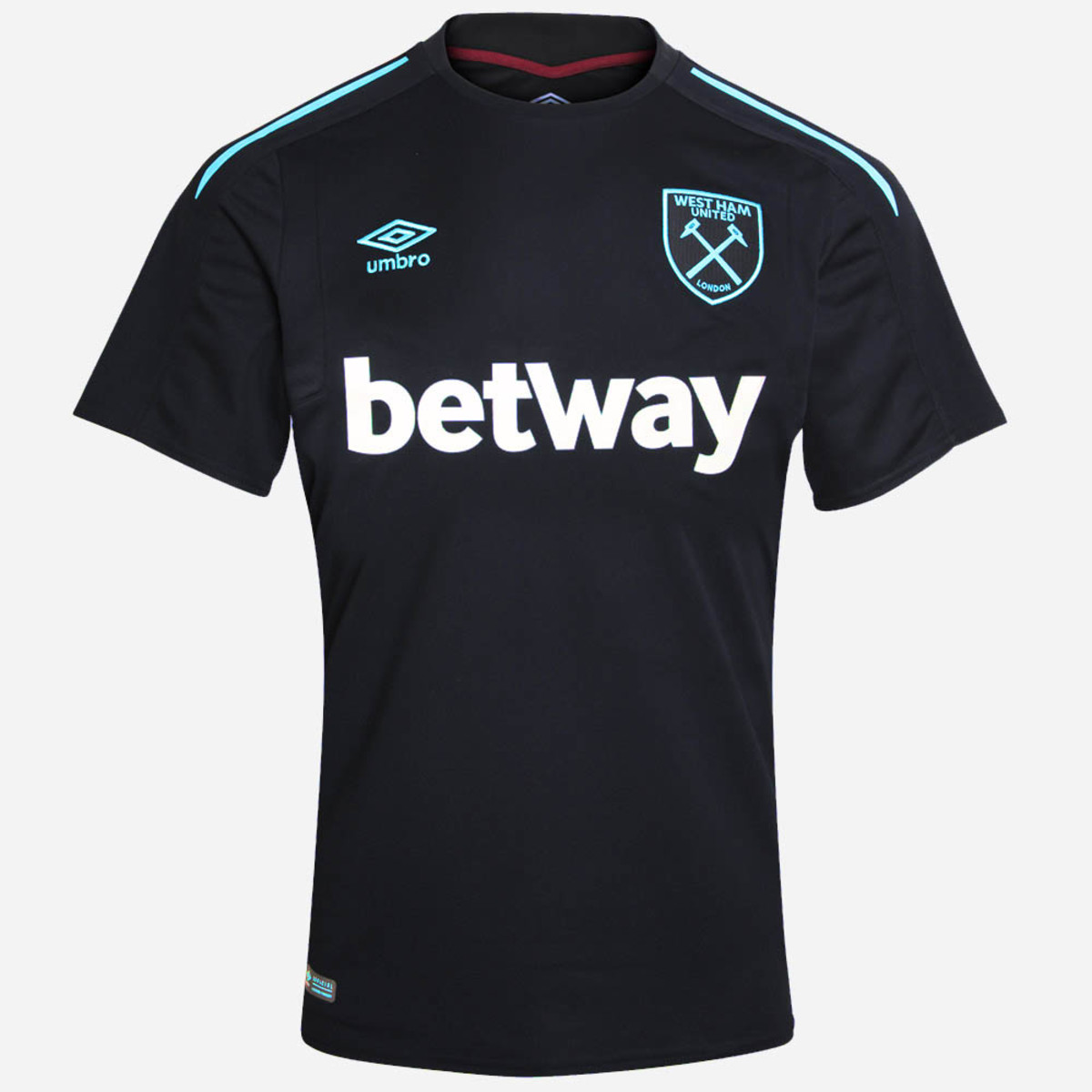
Cruyff gathered together a number of former Ajax players and mounted a takeover. It was a long, drawn-out process, but much of the revolution took place in the early months of 2011. There have been numerous fallings out and departures along the way–and Cruyff himself died last year–but the essential idea that former Ajax players, people steeped in the old ideology, should run the club has remained: Dennis Bergkamp, Aron Winter, Marc Overmars and Edwin van der Sar are all involved in various roles from coaching to marketing. So too has the idea that Ajax should focus on youth, that rather than trying to compete in the transfer market it should look to develop its own talent.
Under Frank De Boer, Ajax won four successive league titles but made little impression in Europe. He departed for Inter last summer and was replaced by Peter Bosz. Now 53, Bosz spent most of his playing career at Ajax’s great rival Feyenoord, but he was always a Cruyffian at heart, often driving from Rotterdam from Amsterdam to watch Van Gaal’s training sessions in the 1990s. And although Ajax finished second in the league this season, behind Feyenoord, there is a sense that this is the first season in which the return to the traditional philosophy is bearing fruit. This, at last, looks like an Ajax team again.
In part that’s because there is, once more, a Kluivert in the squad: Justin, the 18-year-old son of Patrick, who looks a lot like his father but tends to be more of a wide player. Kasper Dolberg, a 19-year-old Dane, leads the line supported by 19-year-old Bertrand Traore, on loan from Chelsea. Cameroonian goalkeeper Andre Onana is 21. Fullback-midfielder Daley Sinkgraven, who is likely to miss the Europa League final through injury, is 21. In such company Davy Klaassen, the captain, seems like a senior player, but even he is only 24.
Ajax to name home stadium Amsterdam Arena after Johan Cruyff
Perhaps Ajax will beat one of the game’s grandees in Stockholm on Wednesday. Perhaps not. But in a sense that is less important than the fact that the club is there again, that it has proved that youth can still prevail in this world of money, that there is still a place for the old-fashioned virtue of team-building. The questions, then, are: What comes next? How long this generation can stay together? Is there enough talent emerging from the academy to sustain the level for another season or two or three?
Economics mean that Ajax cannot, in the modern world, have a permanent place at the top of the game, but there is a sense in which the ephemeral nature of its achievement makes it all the greater.
